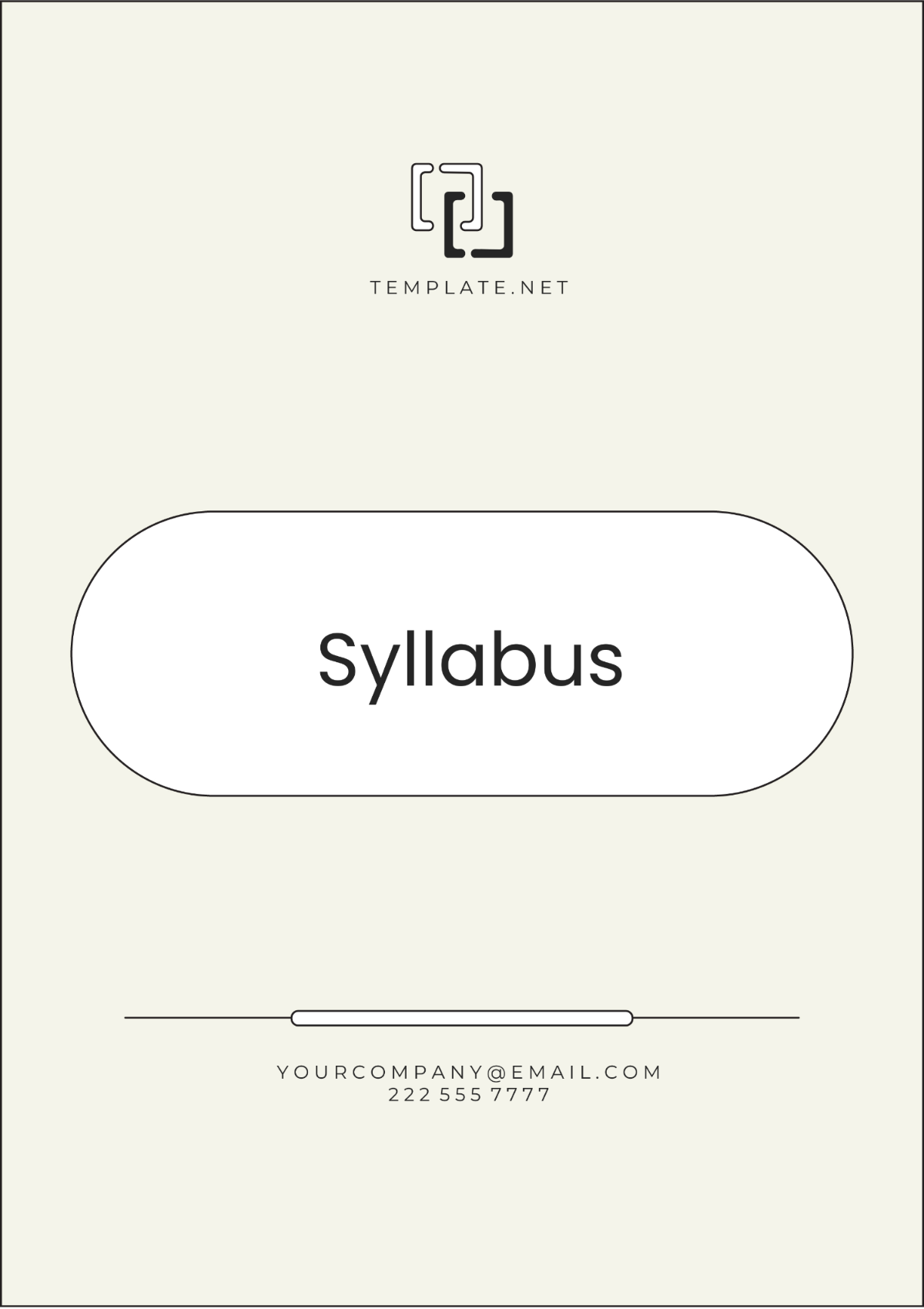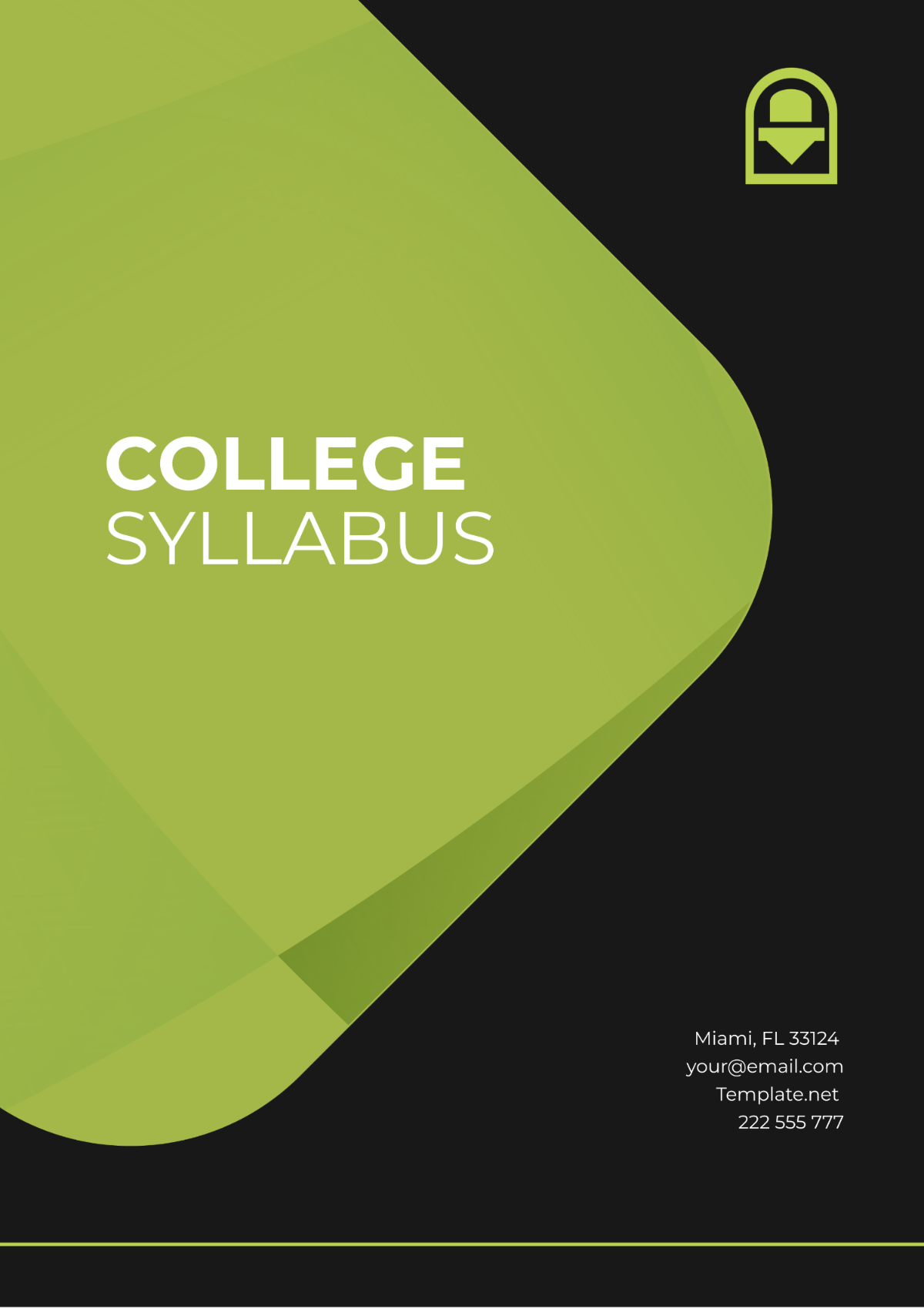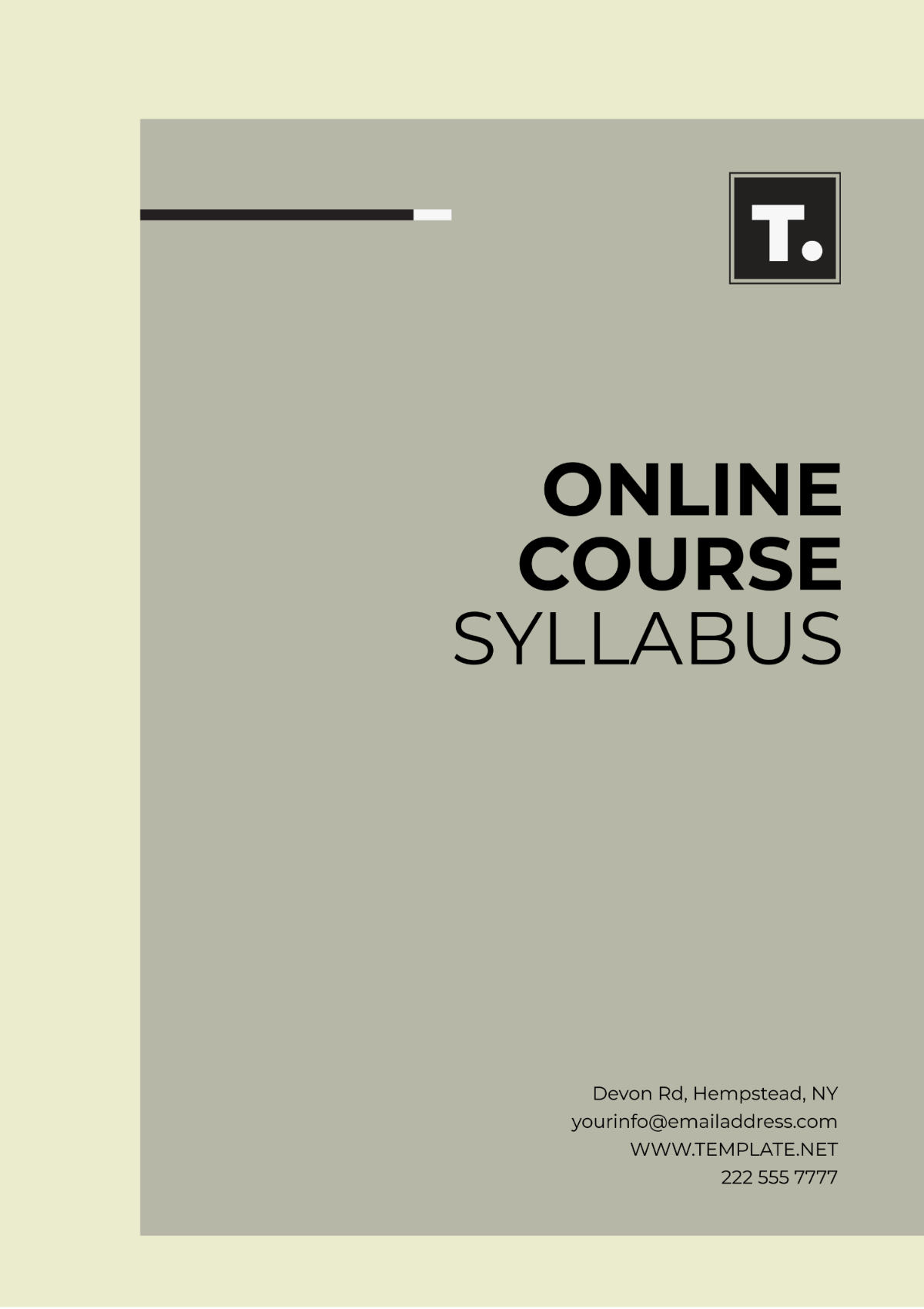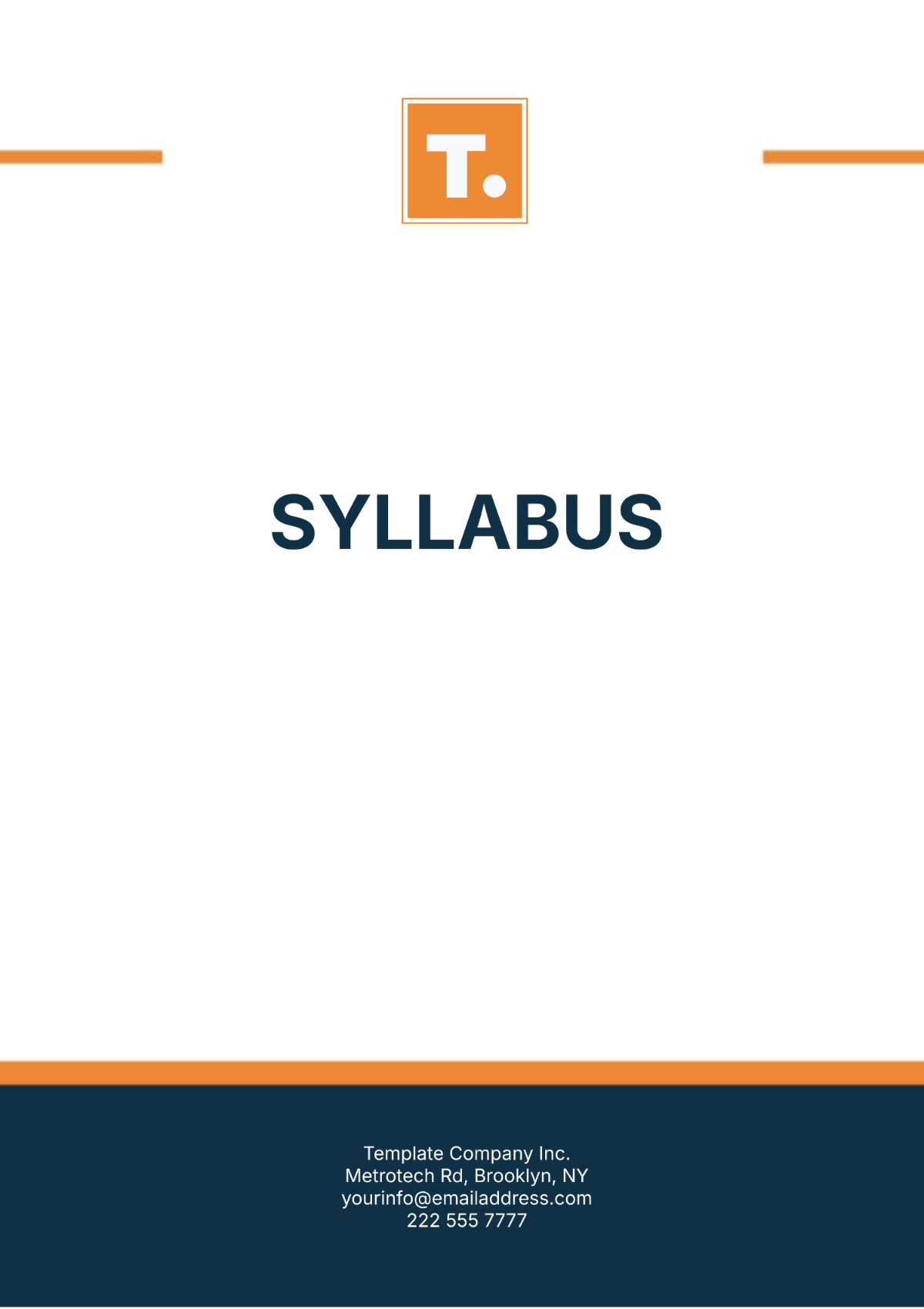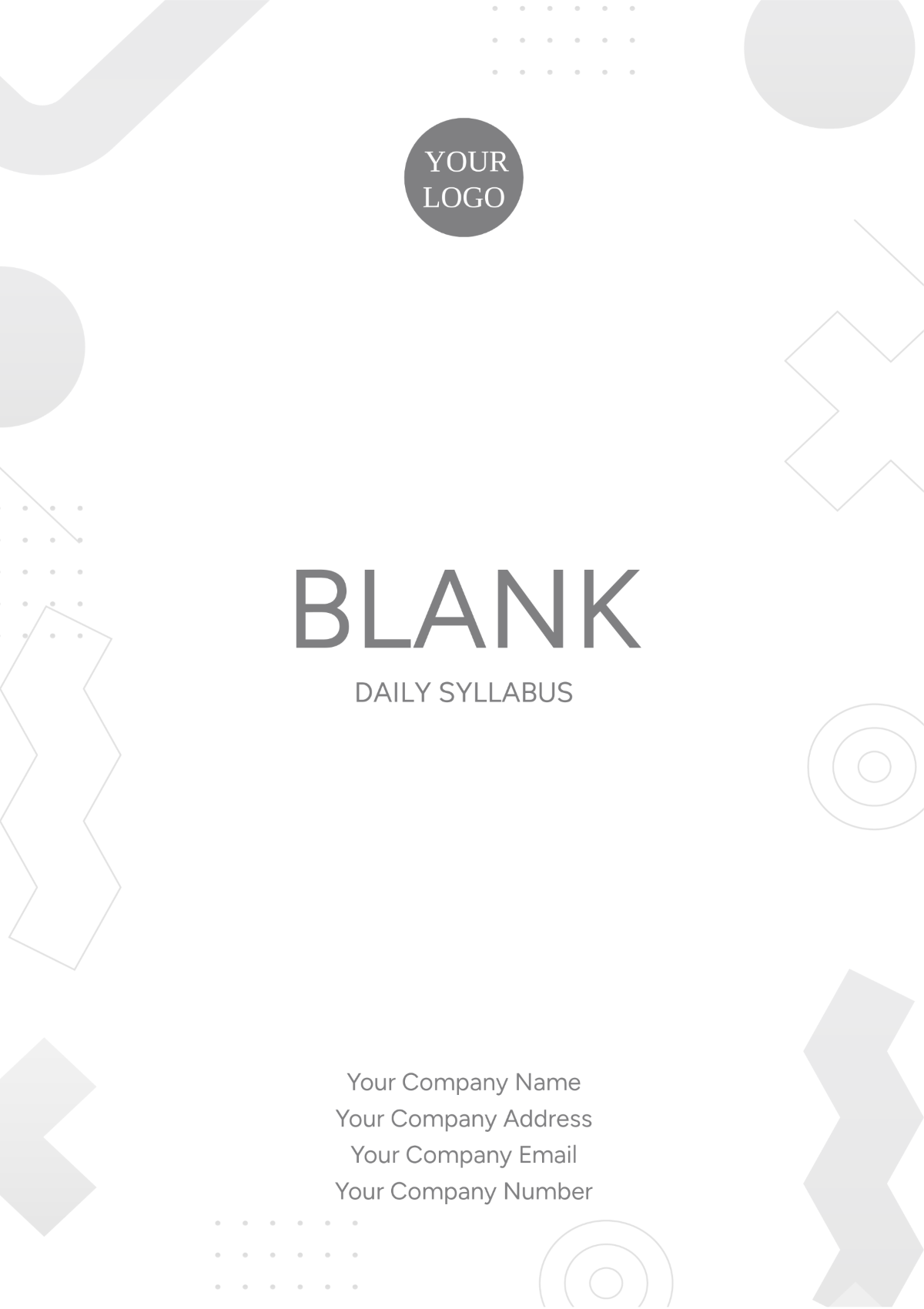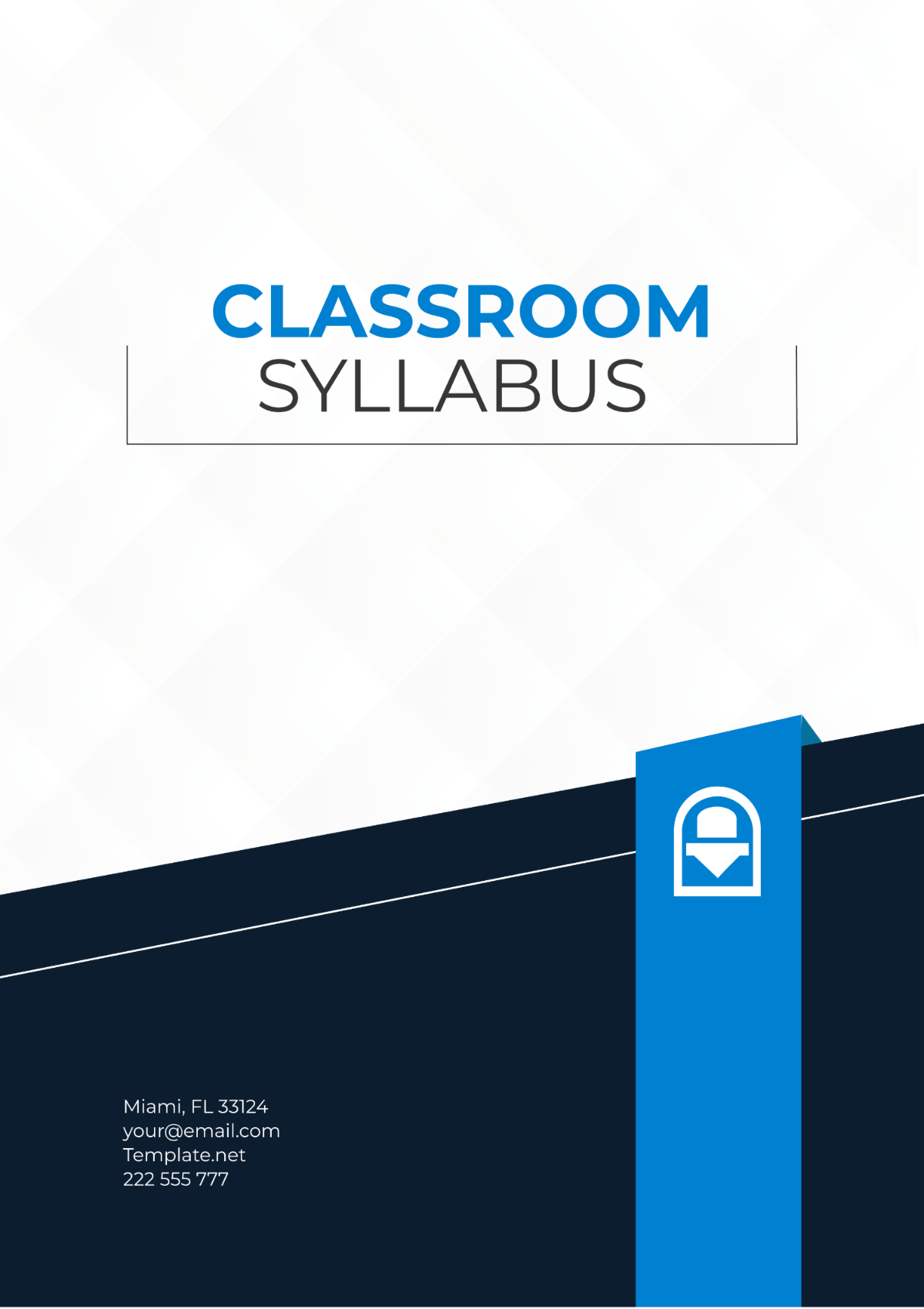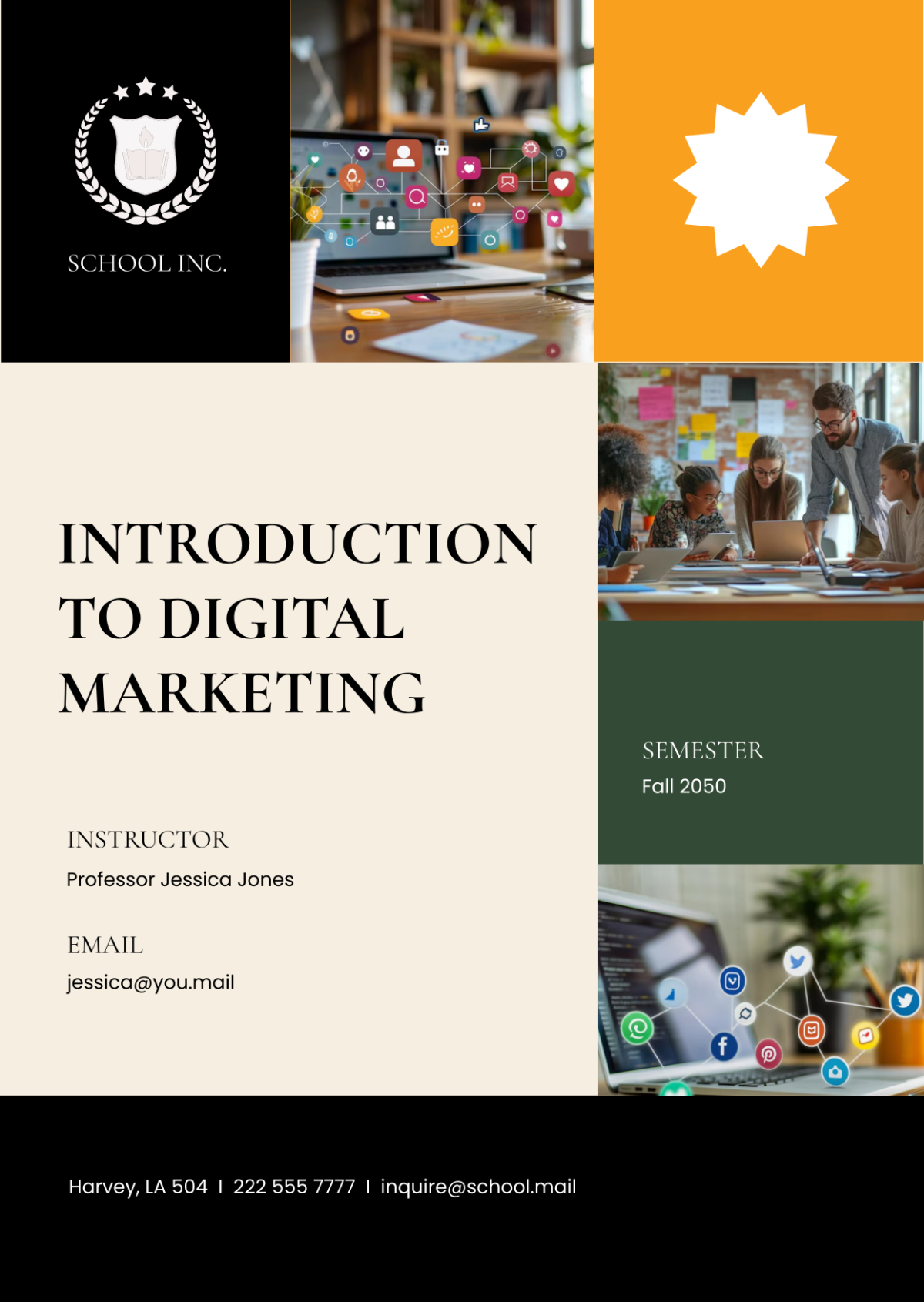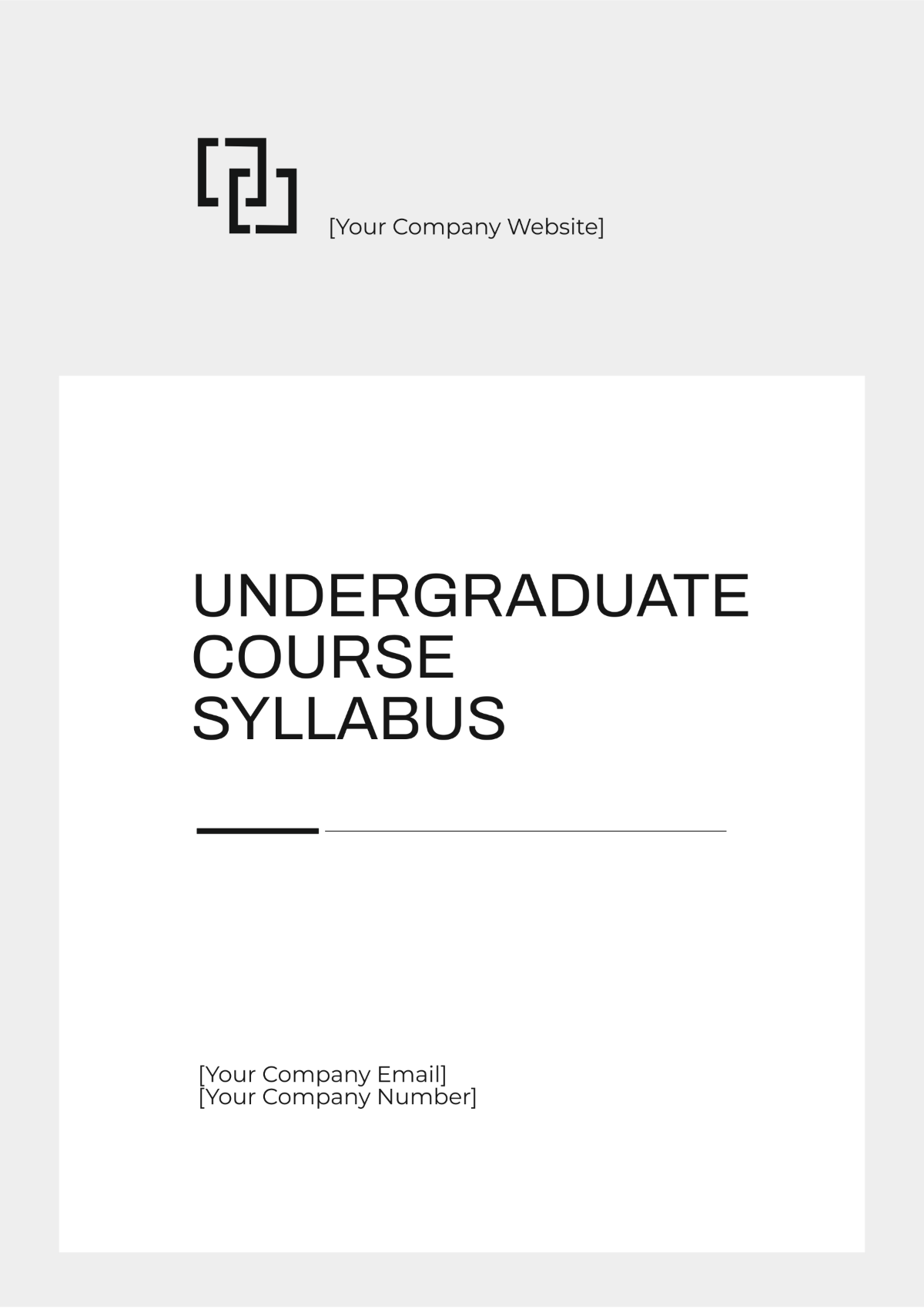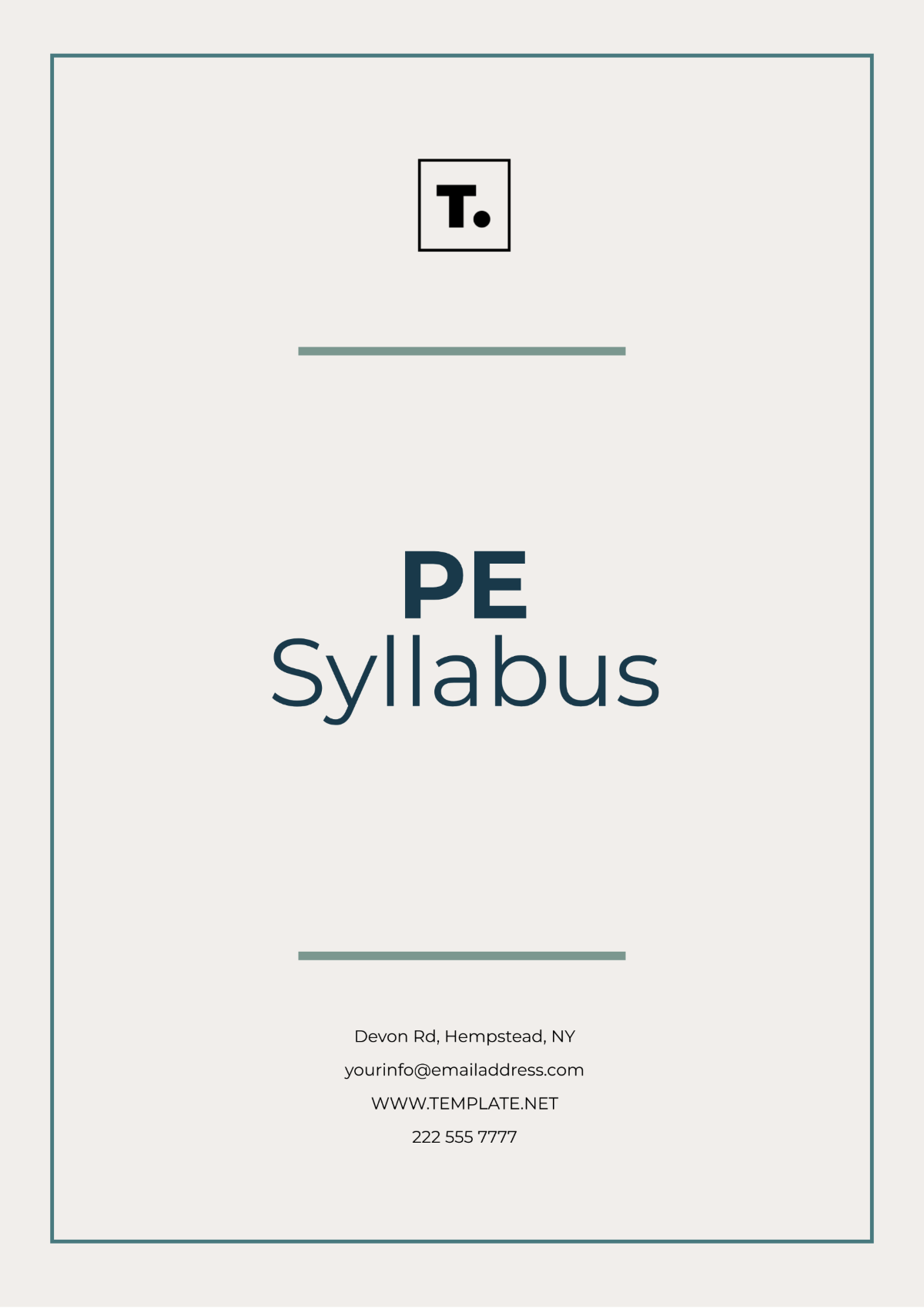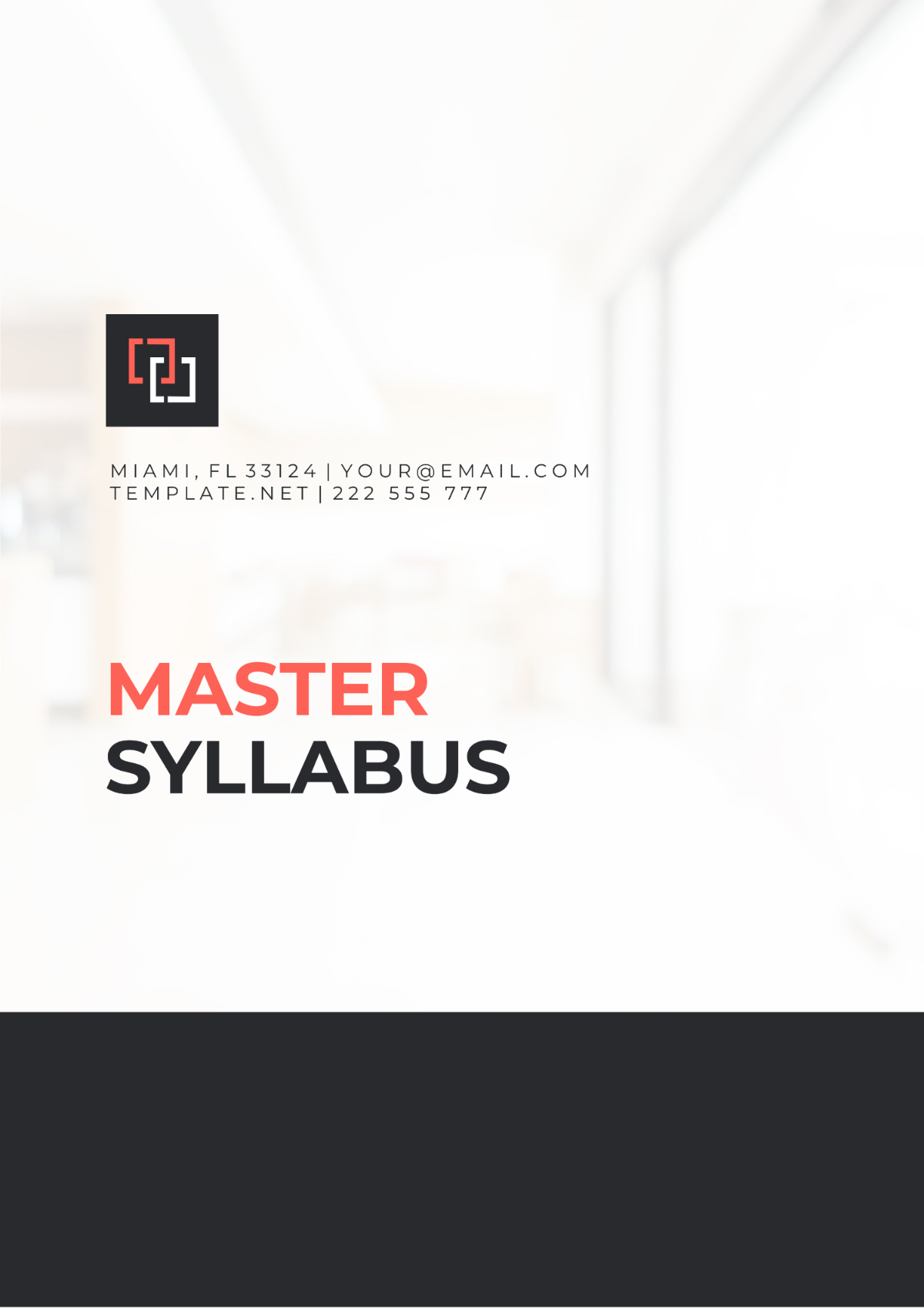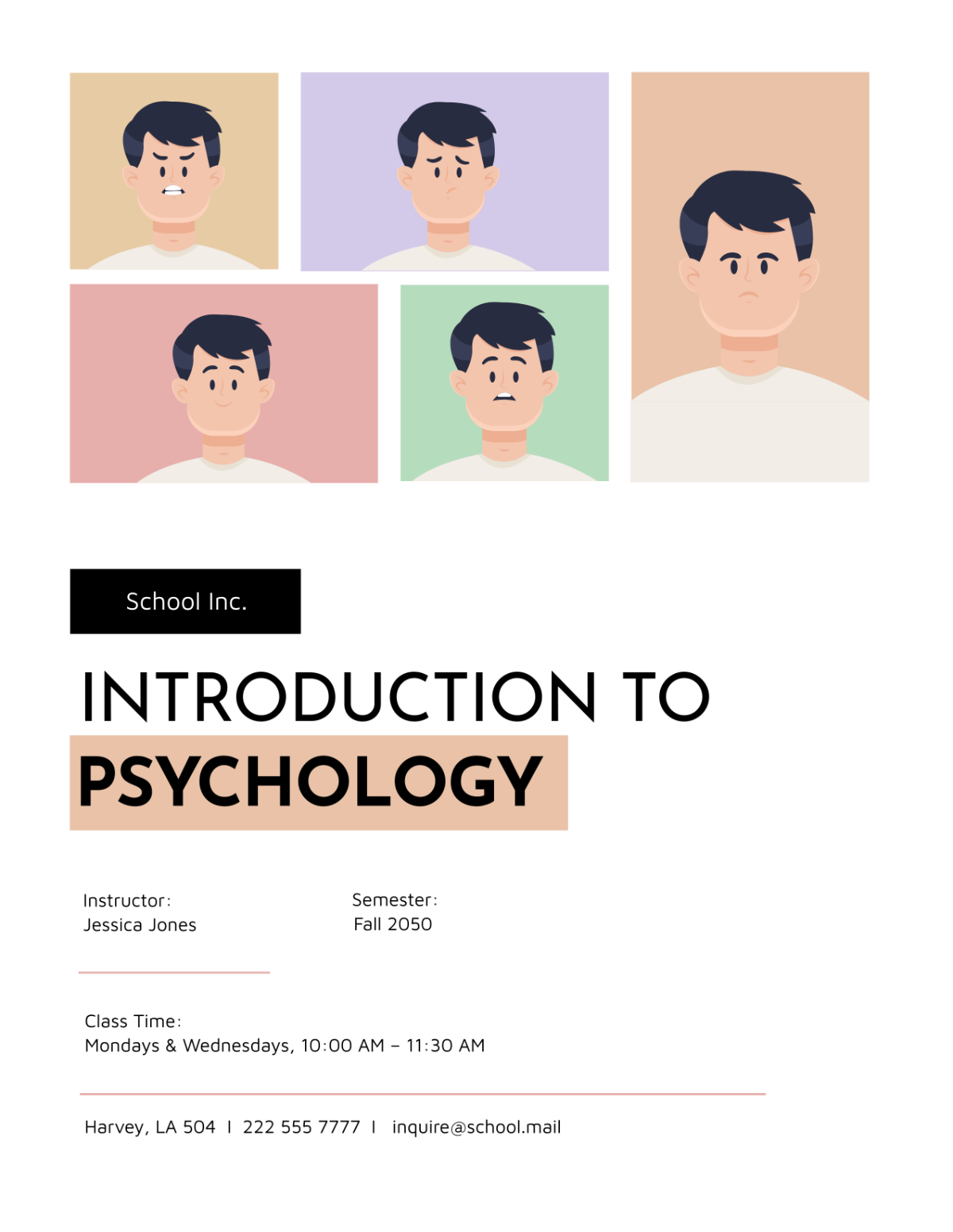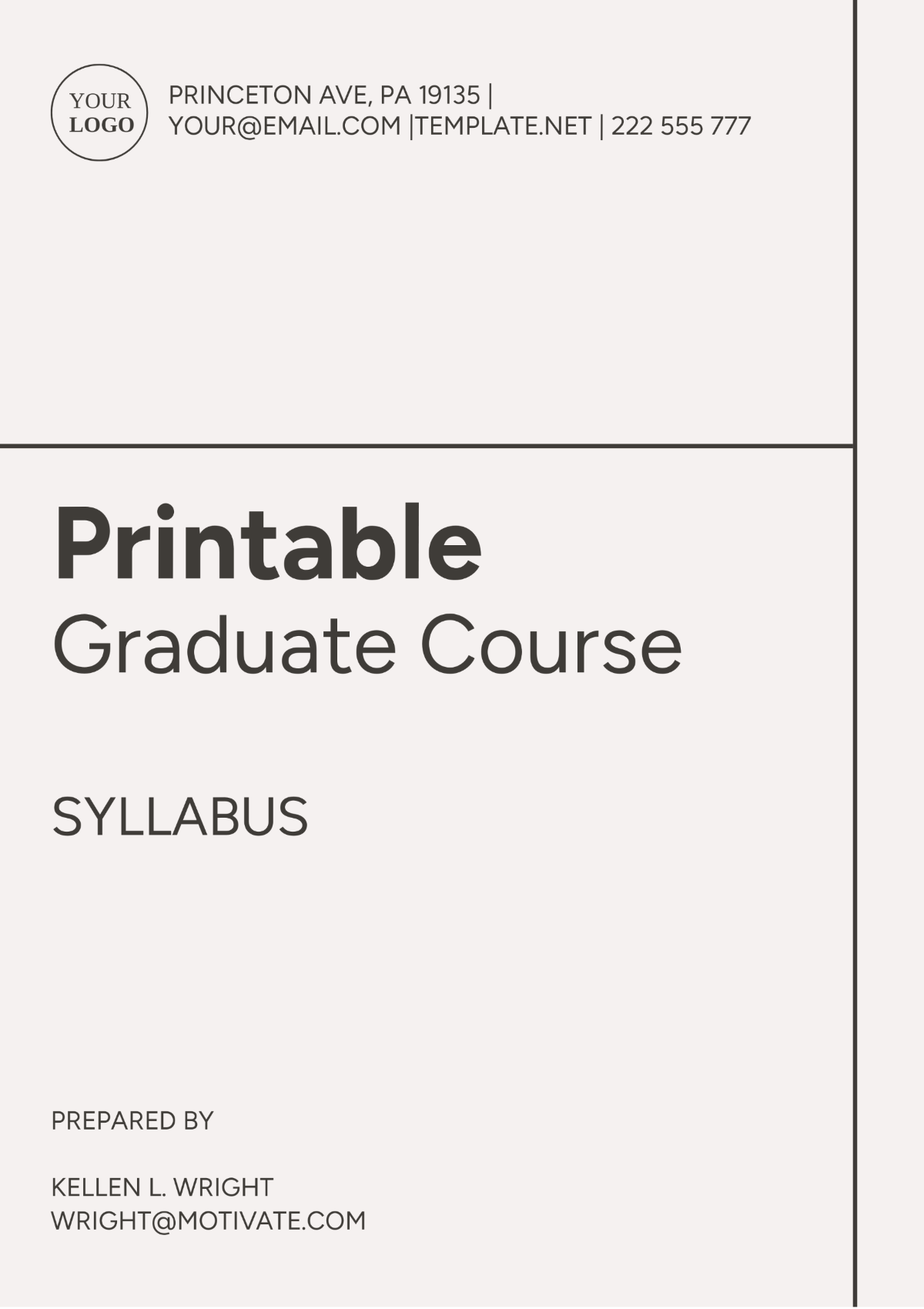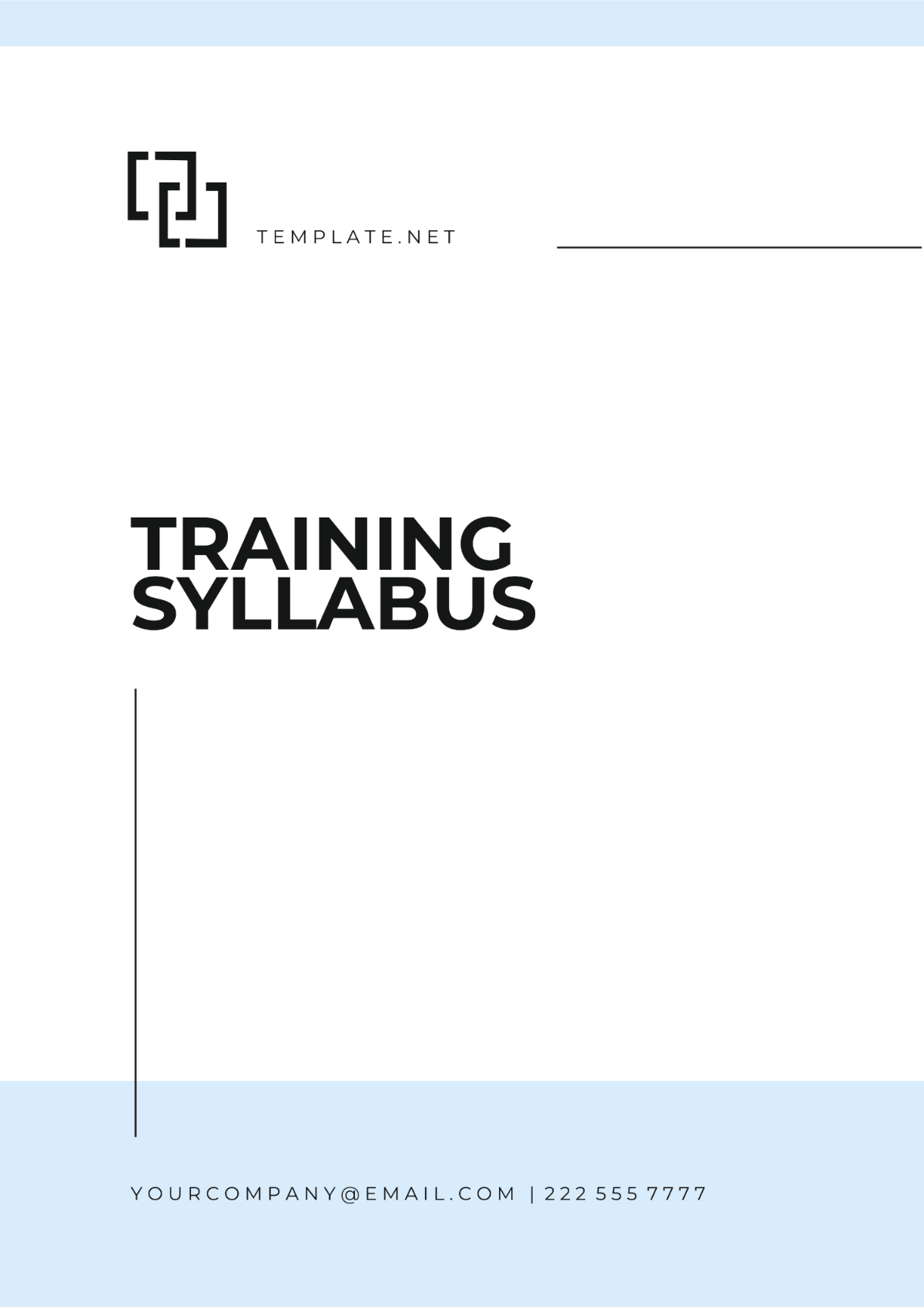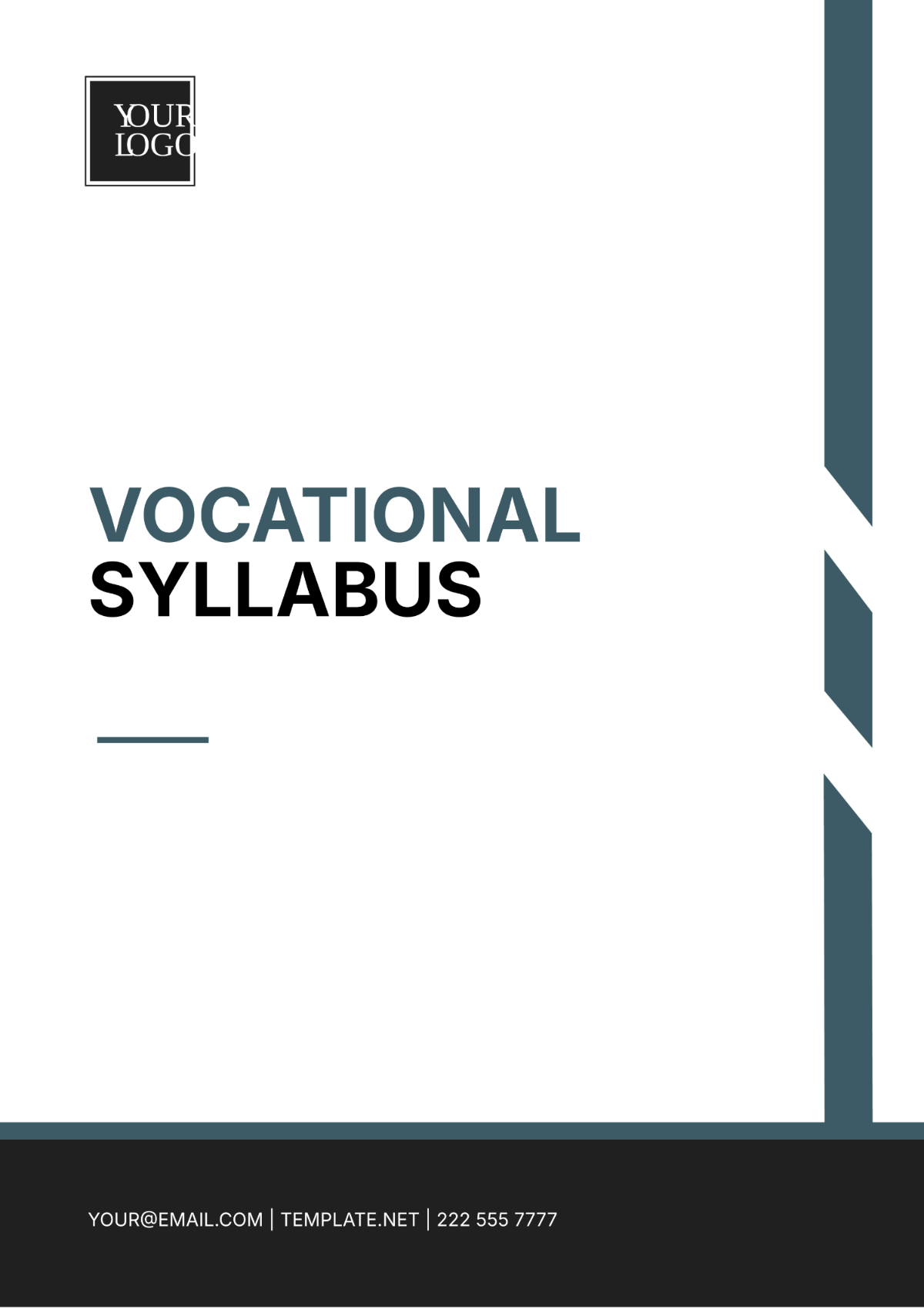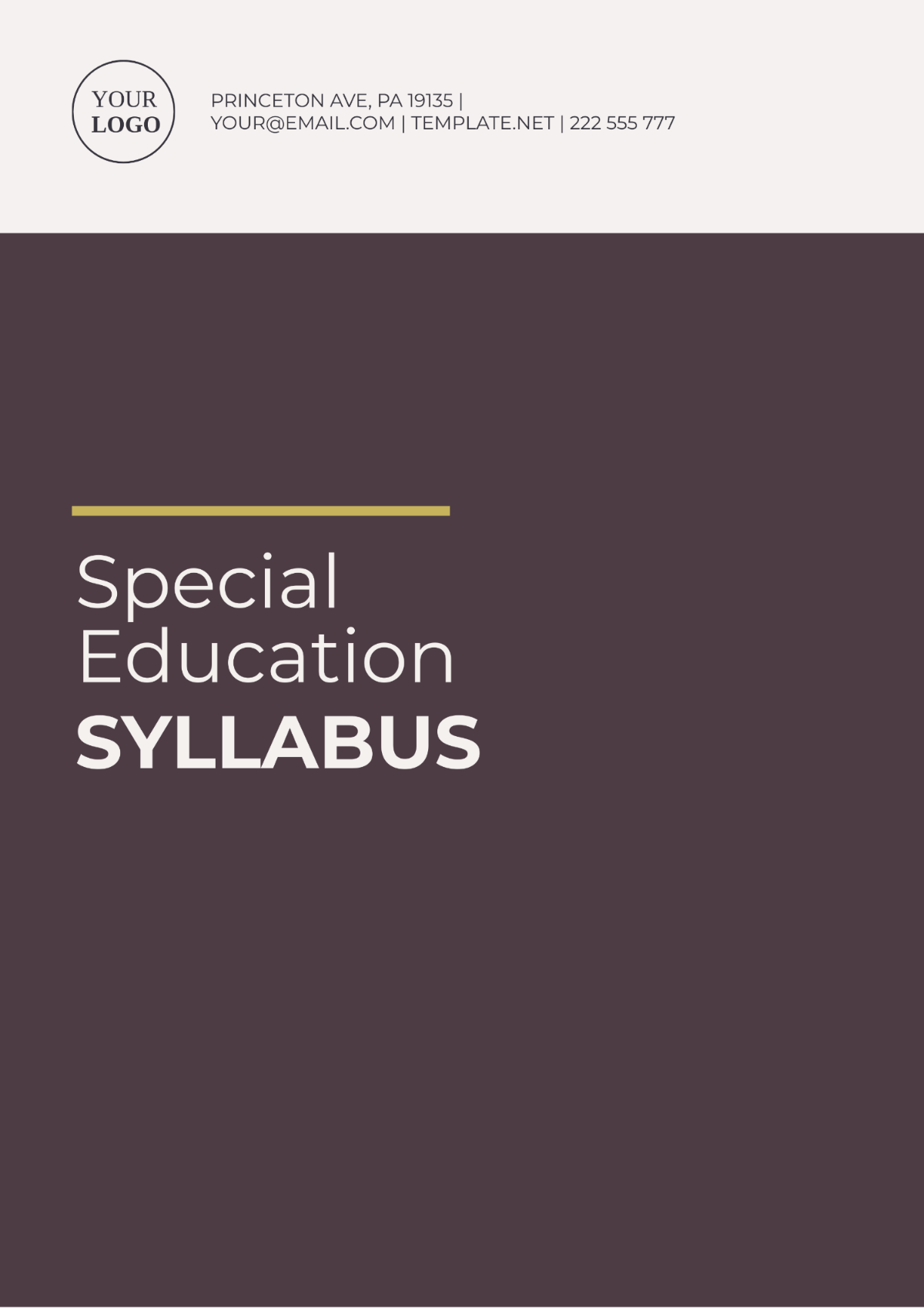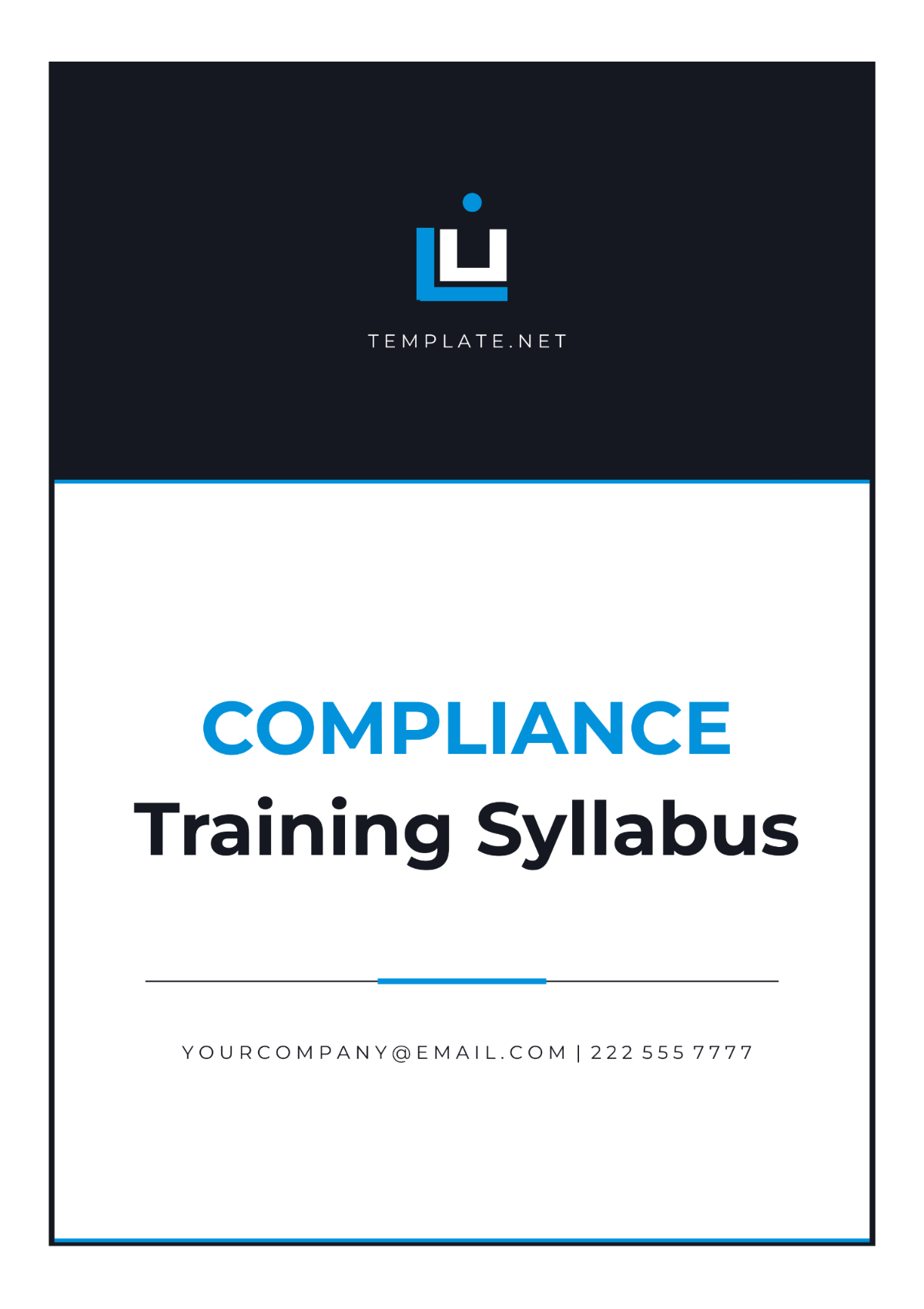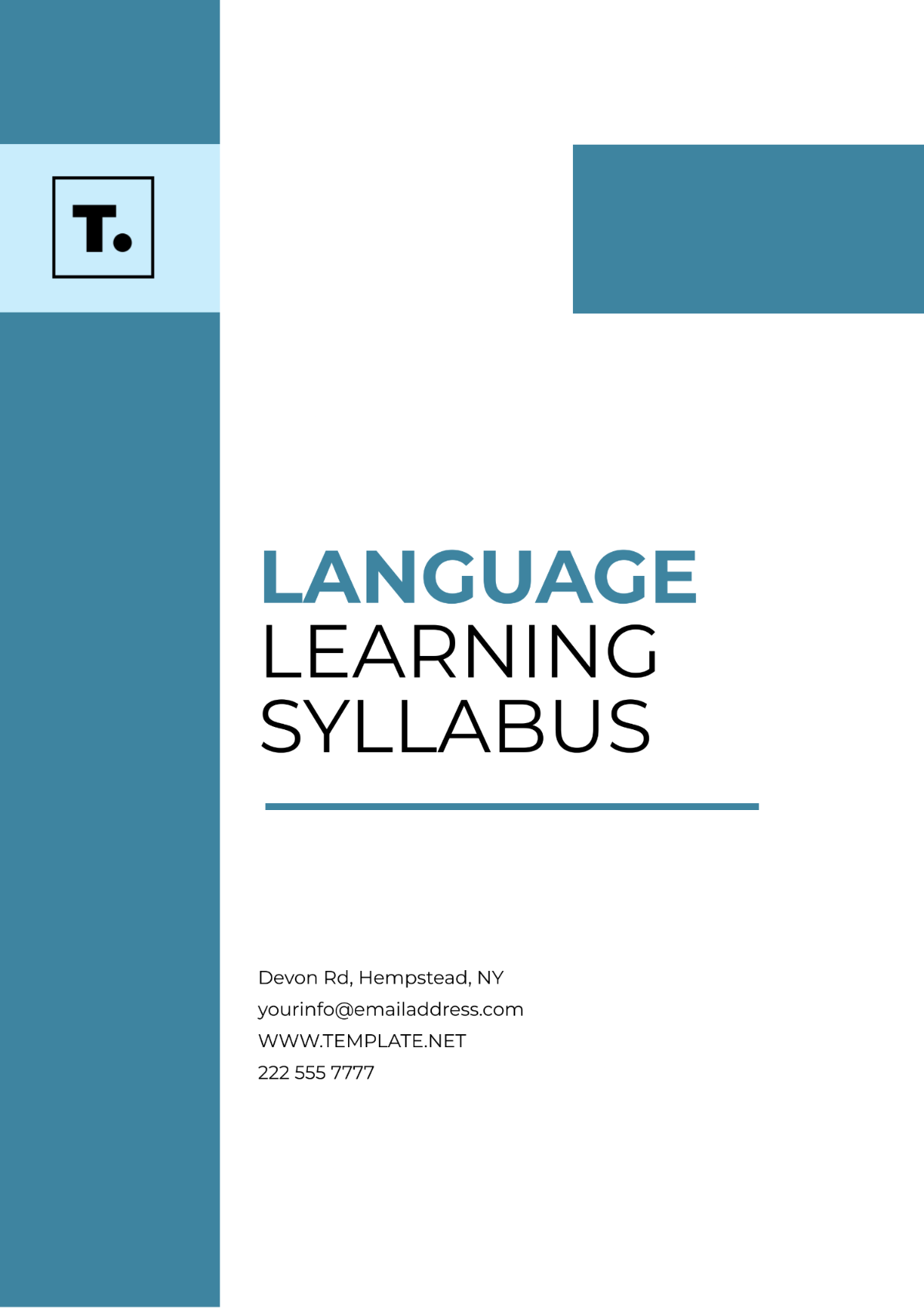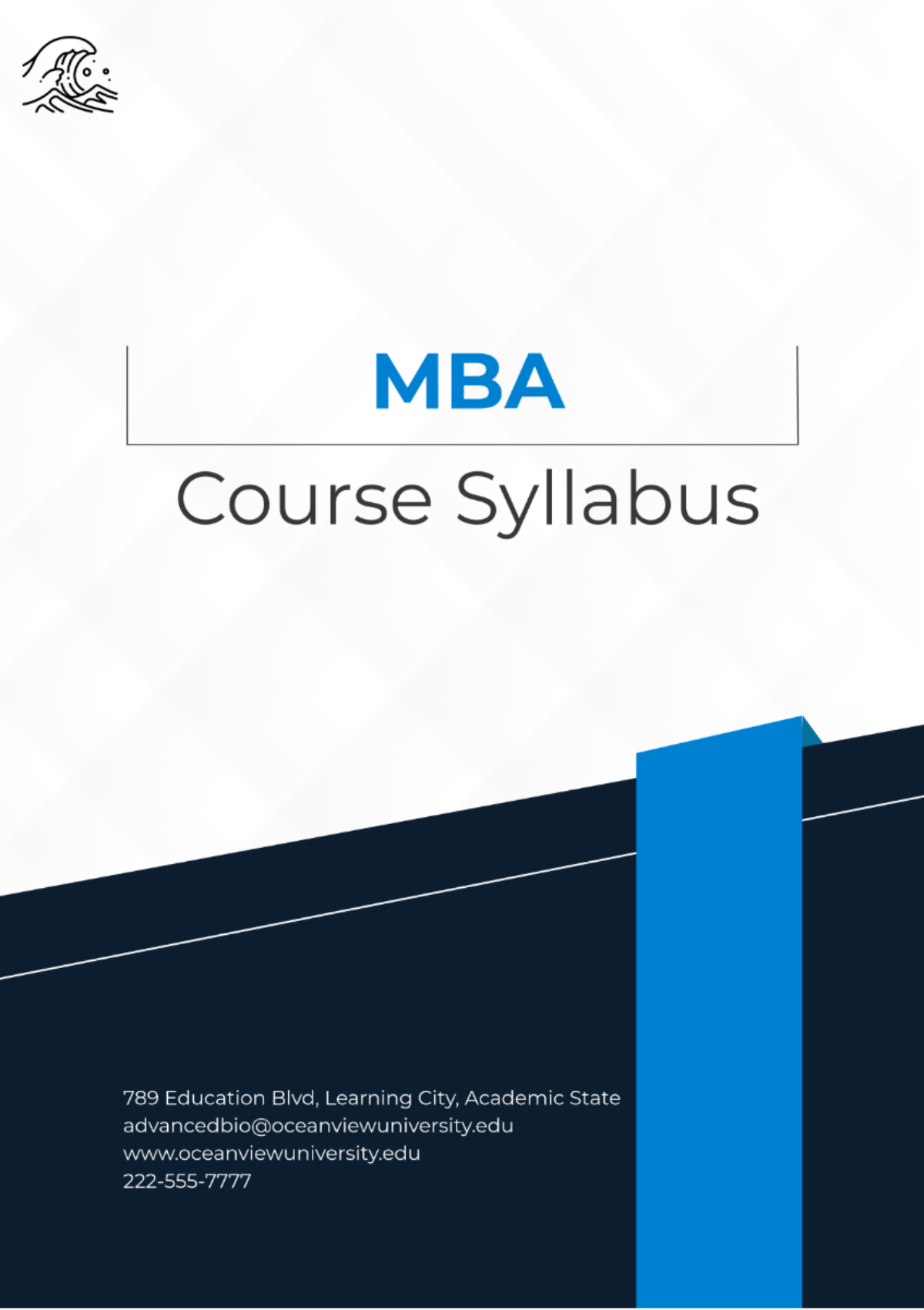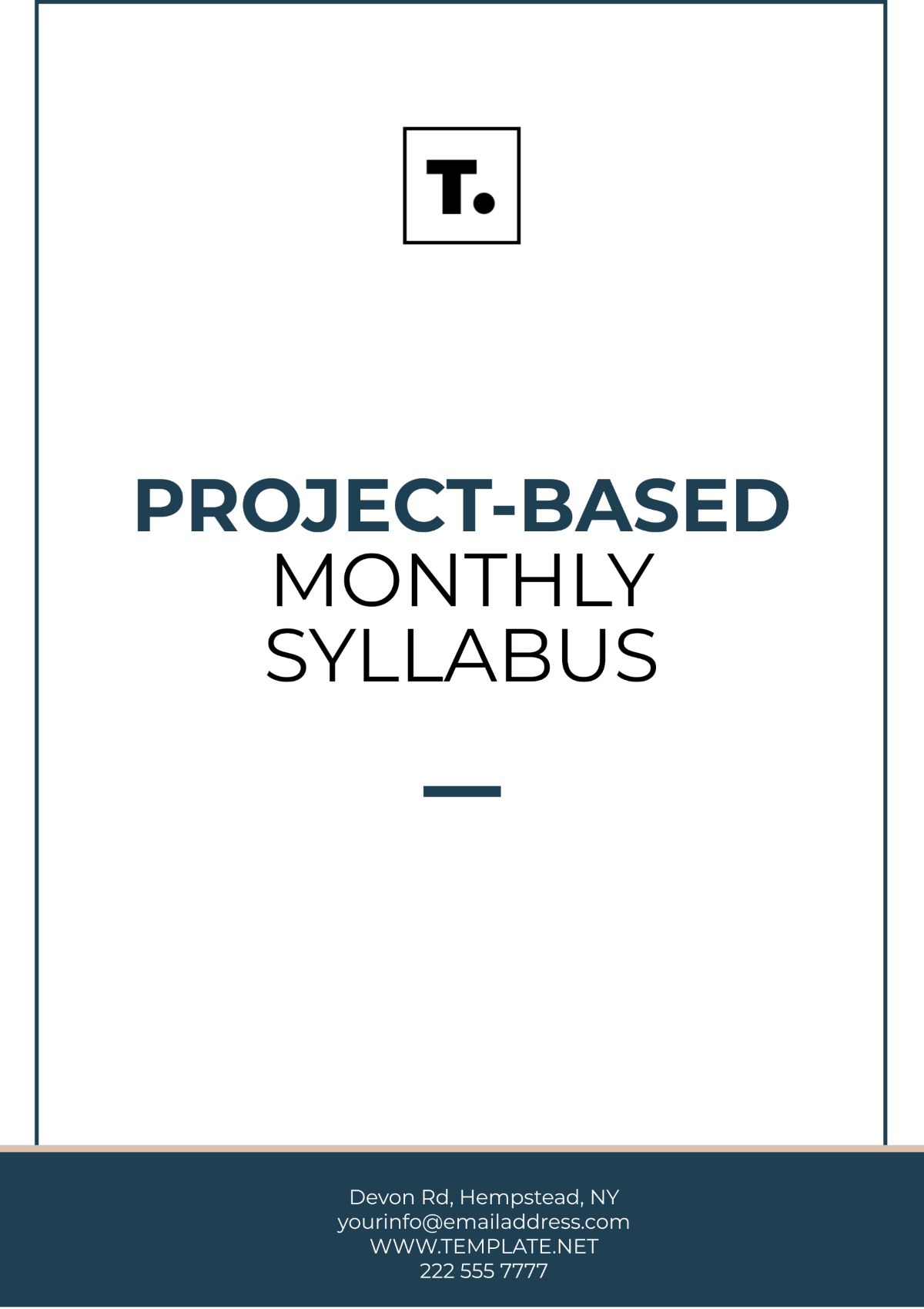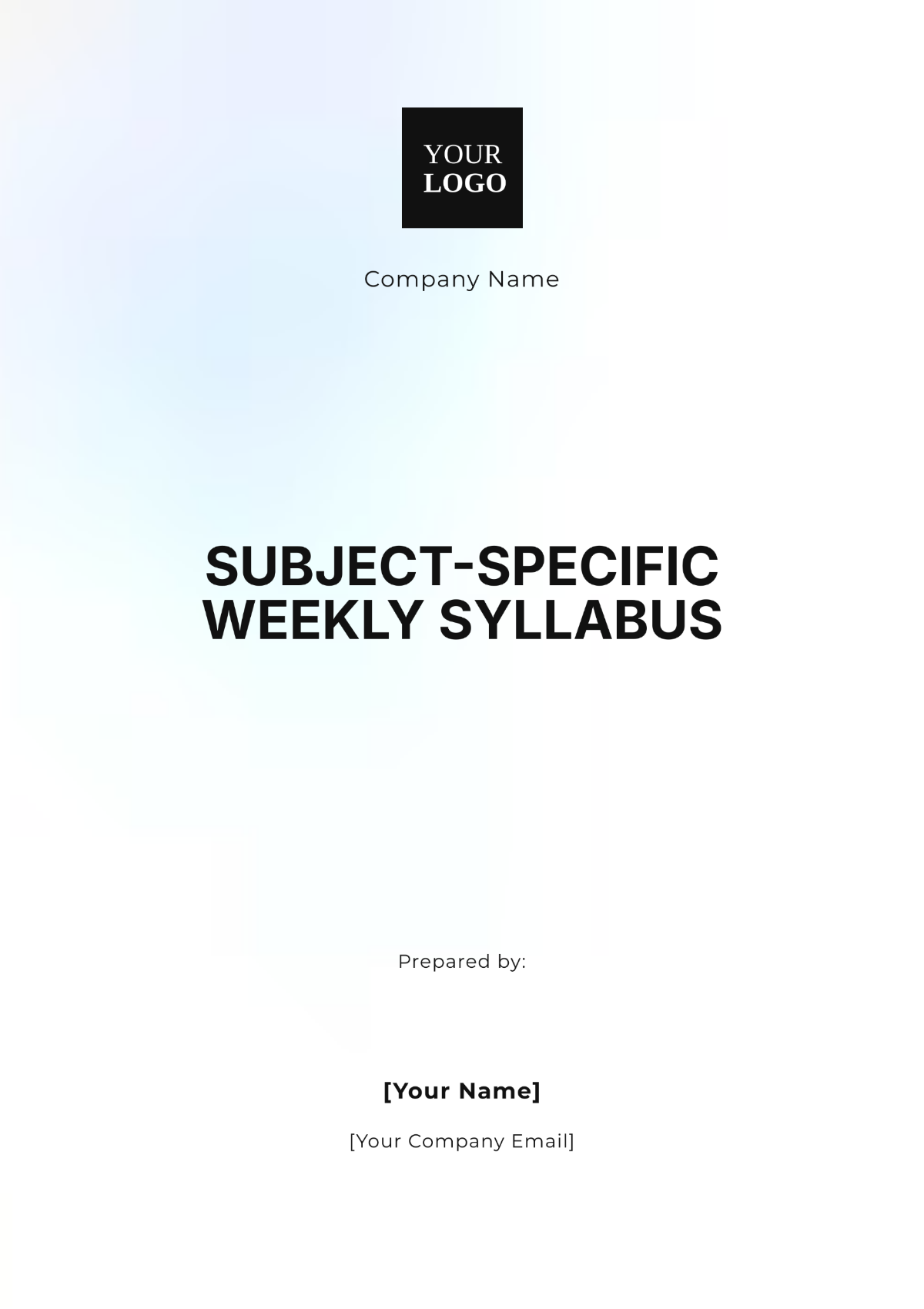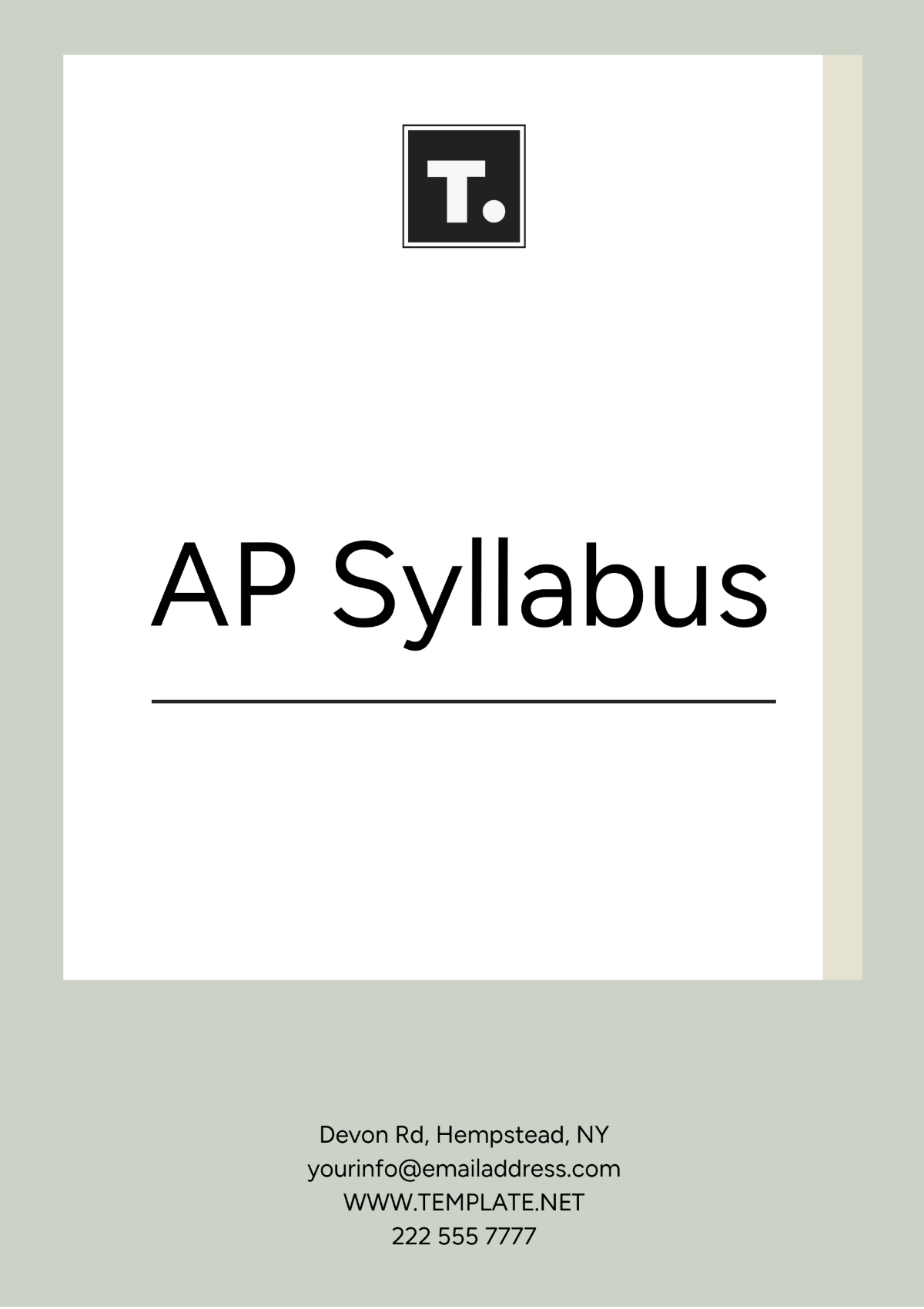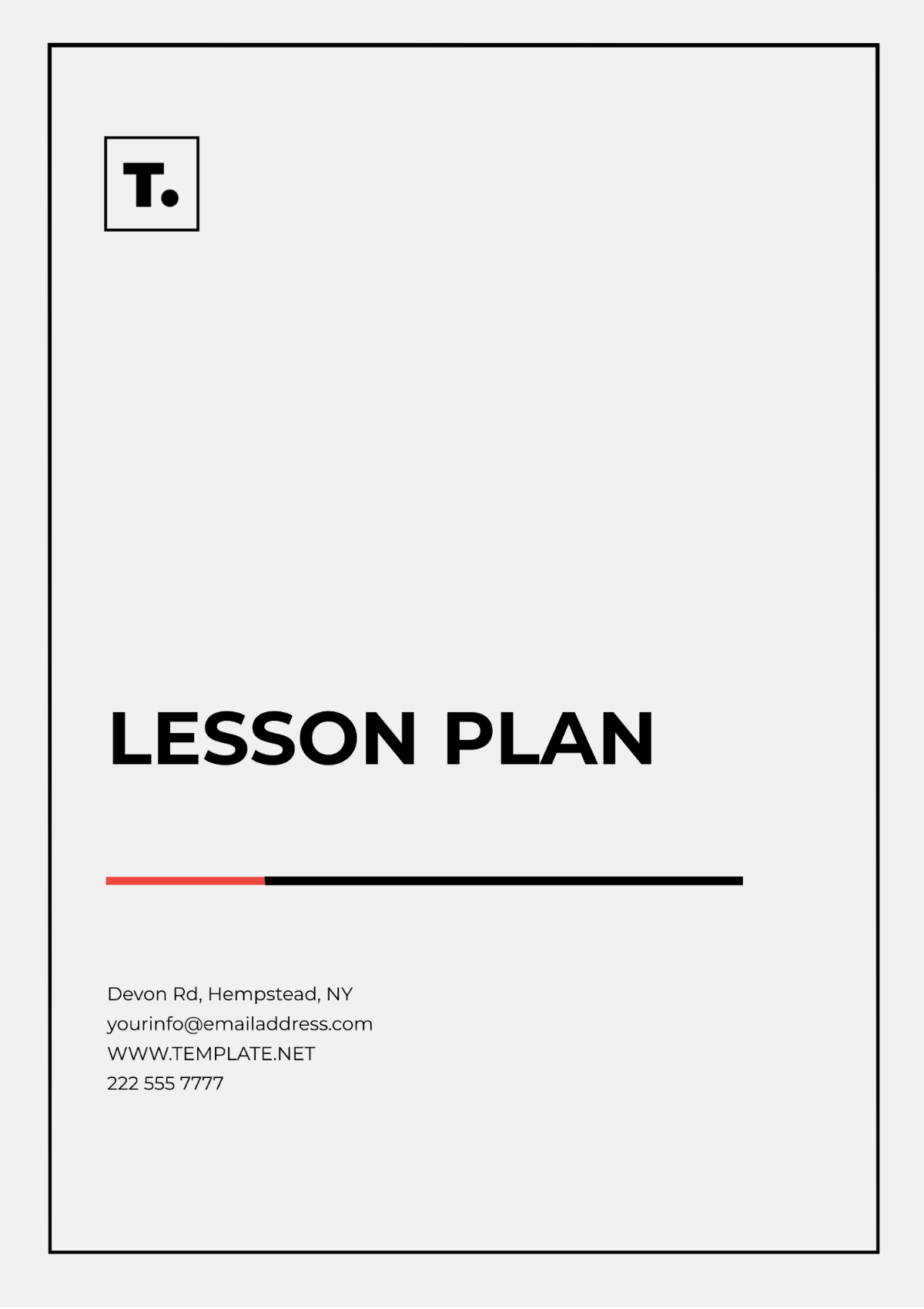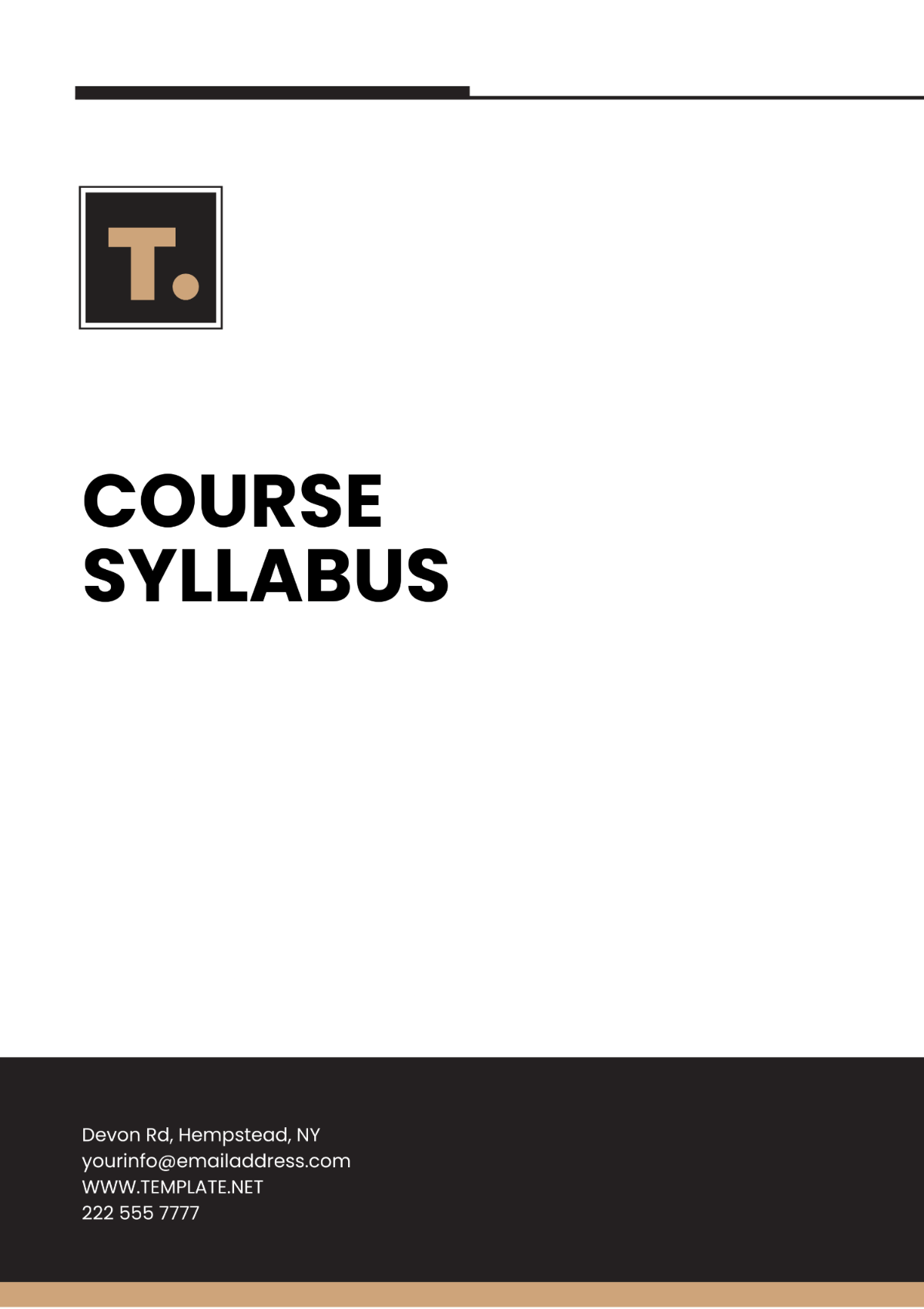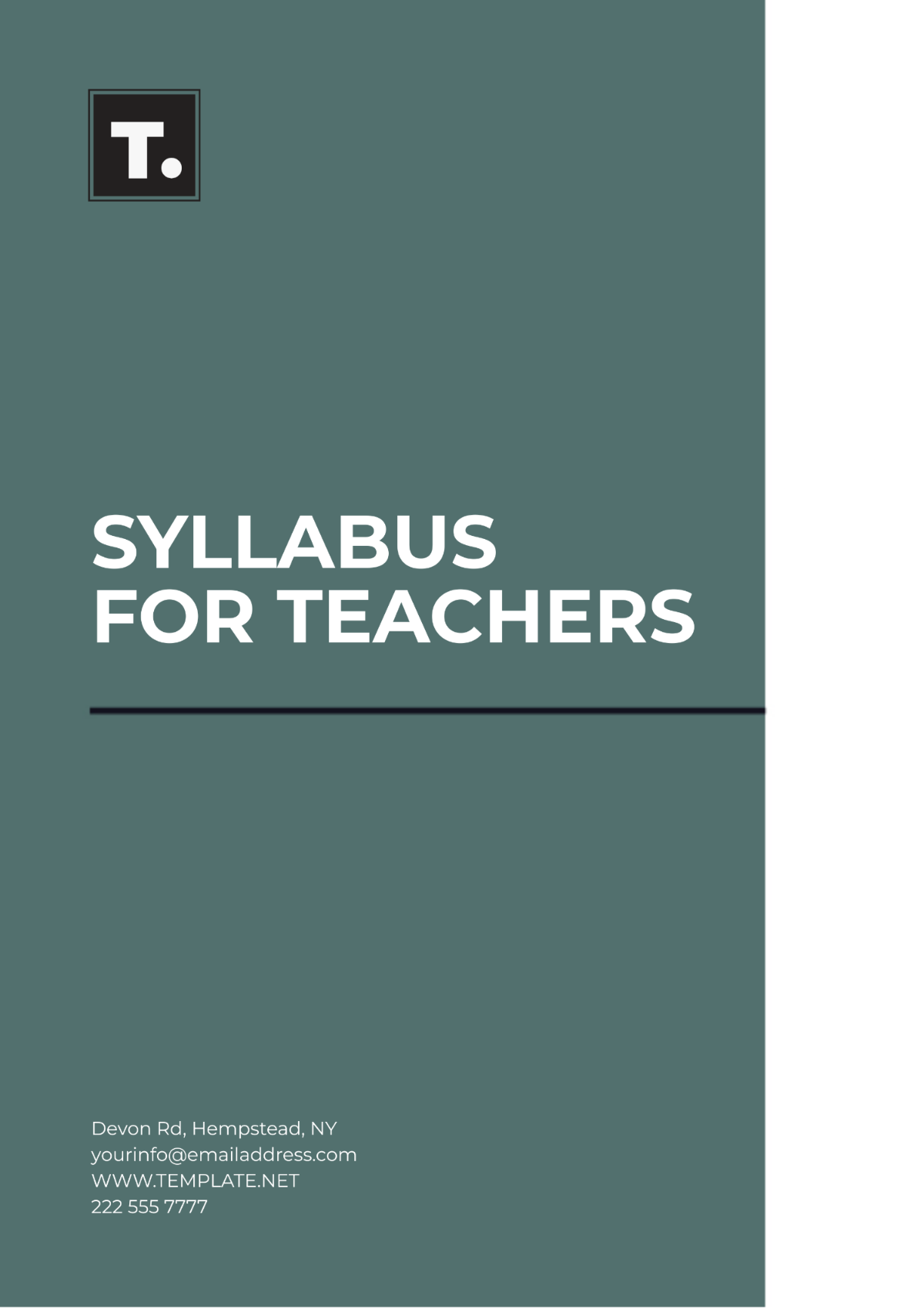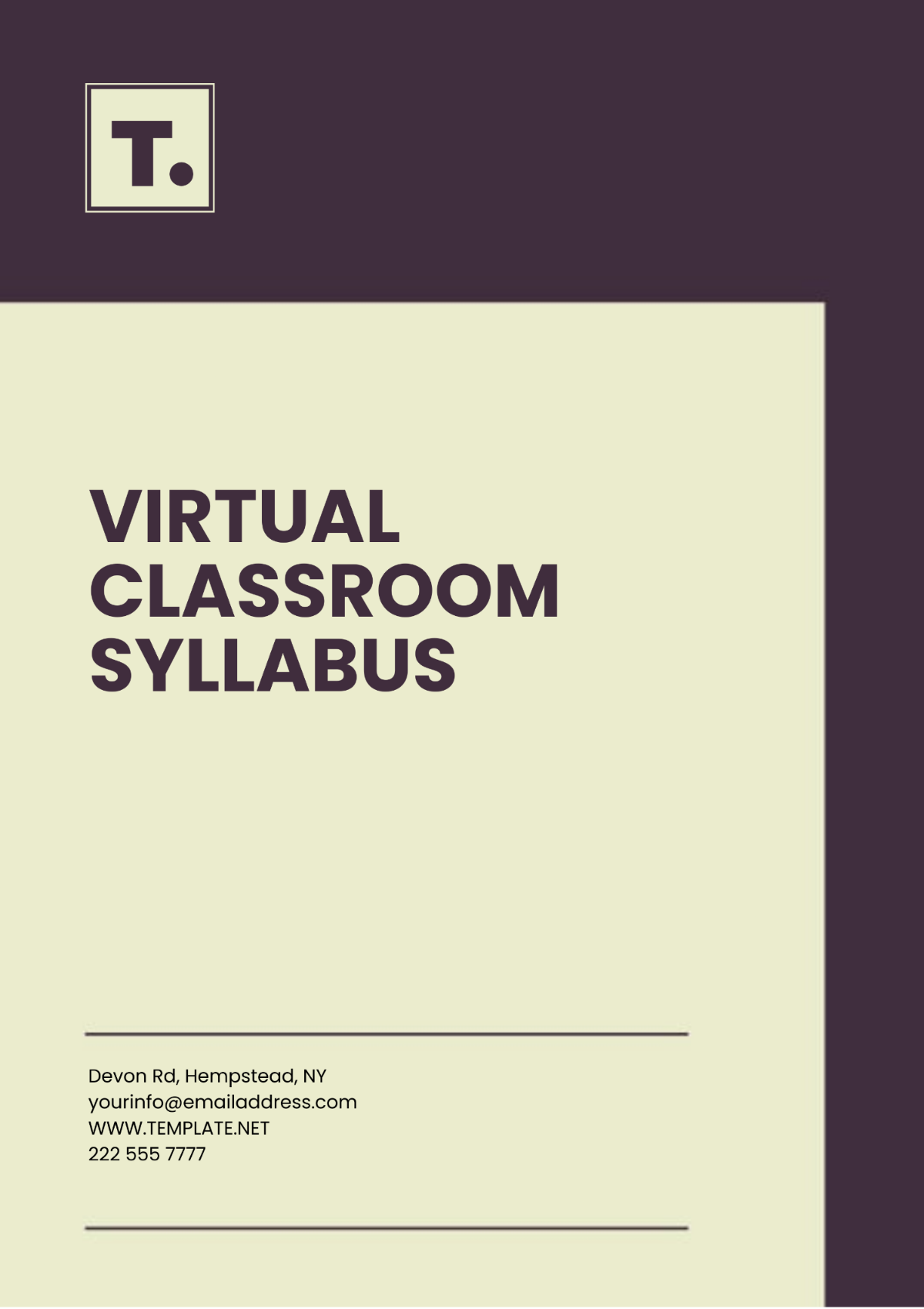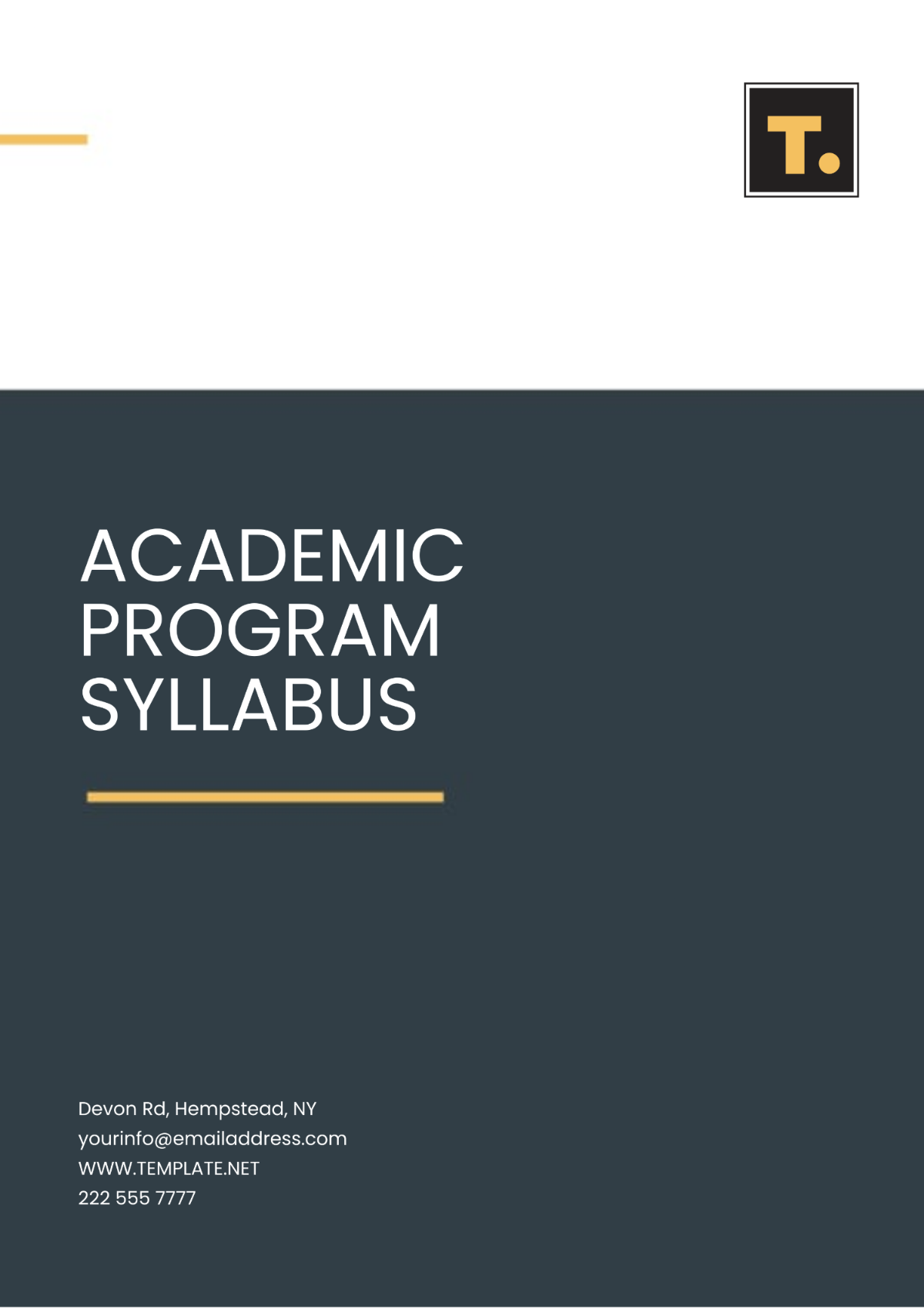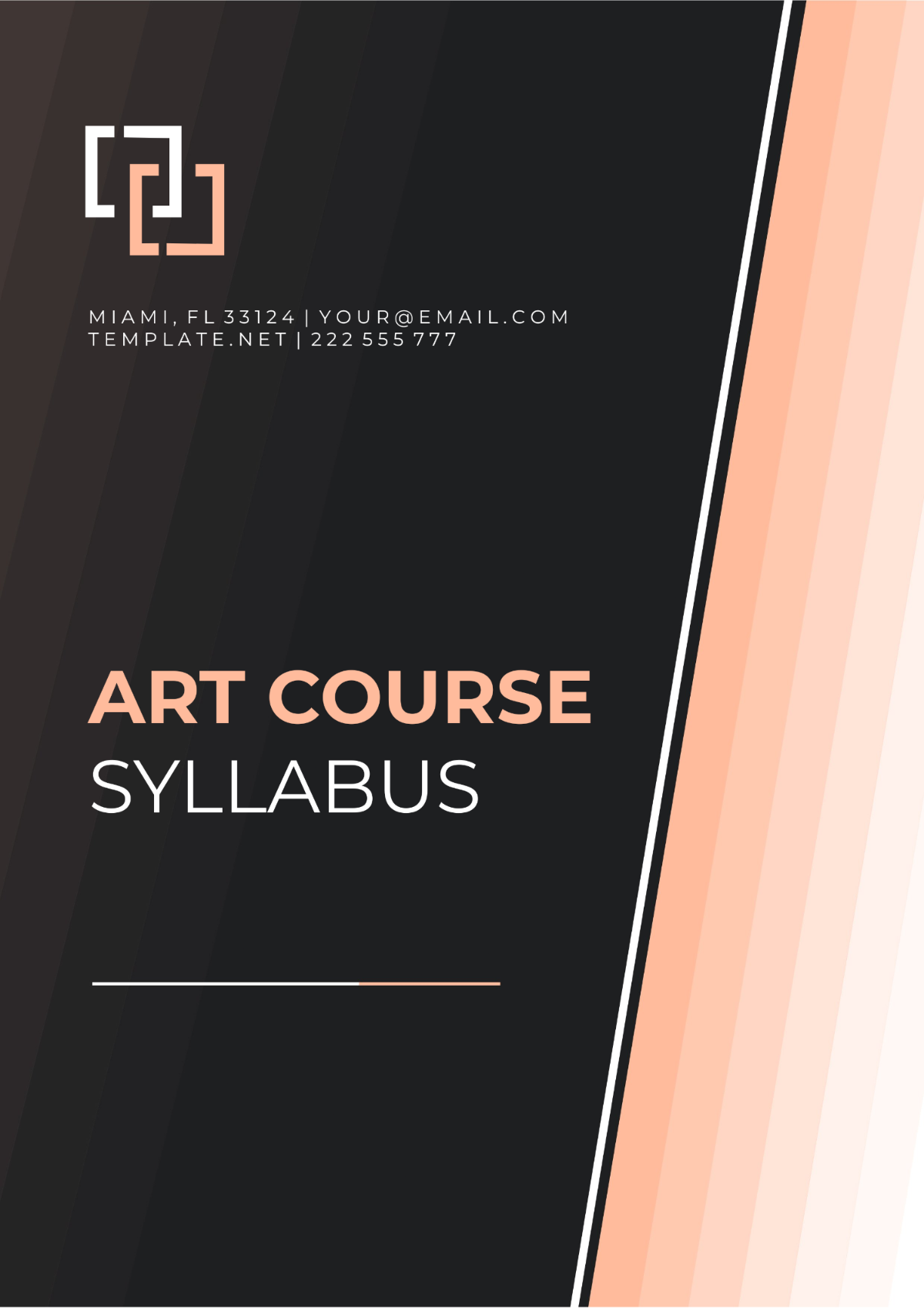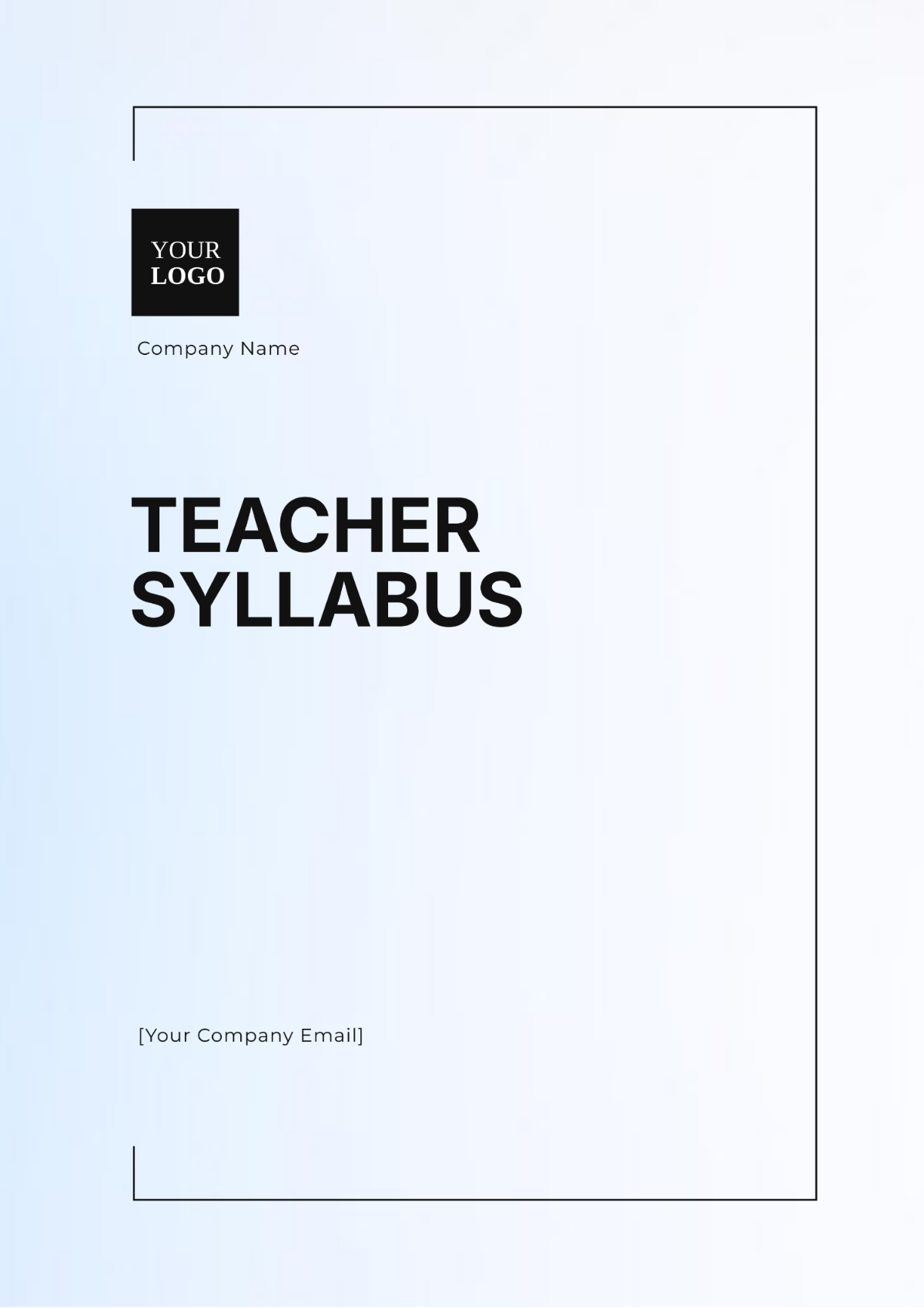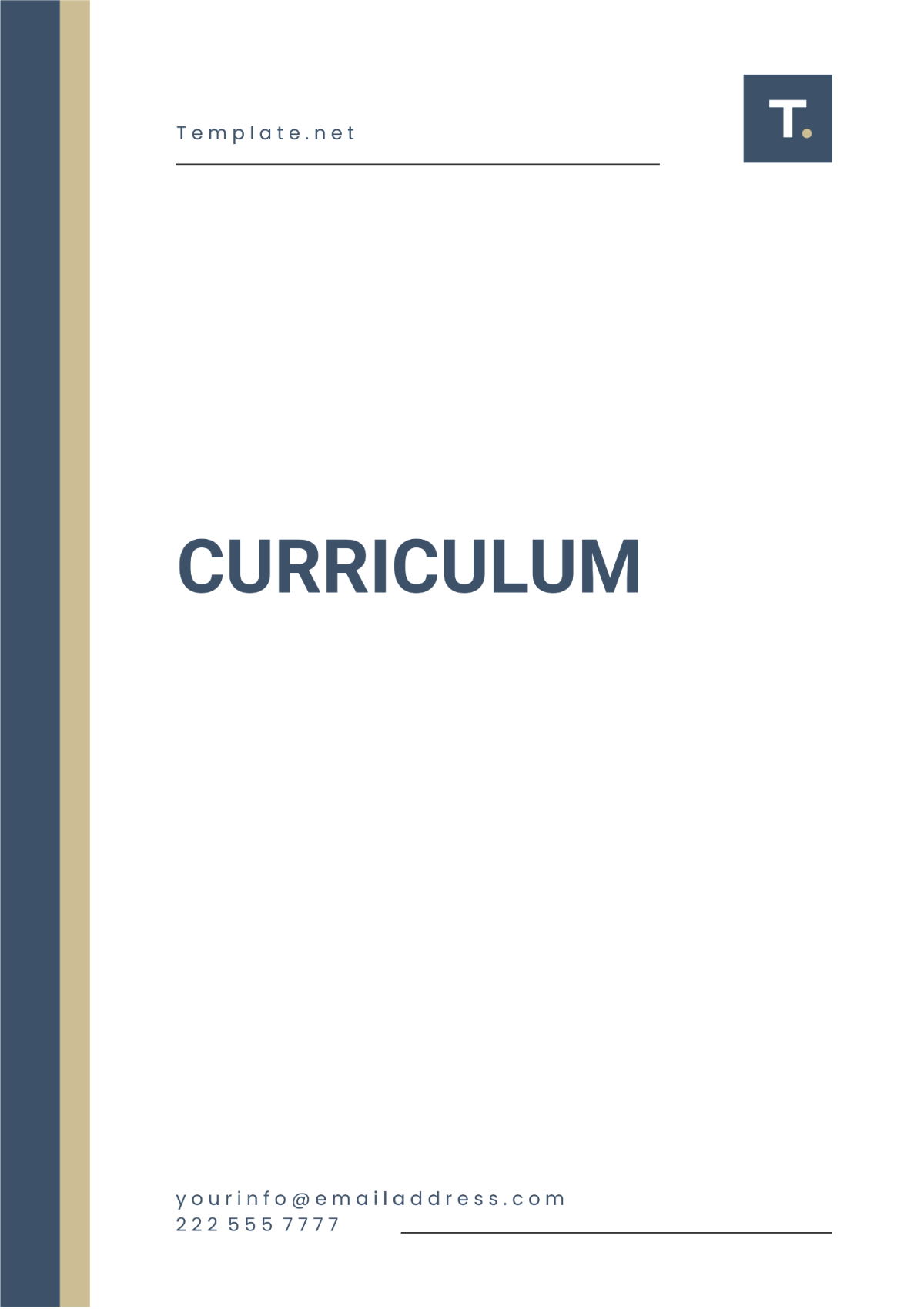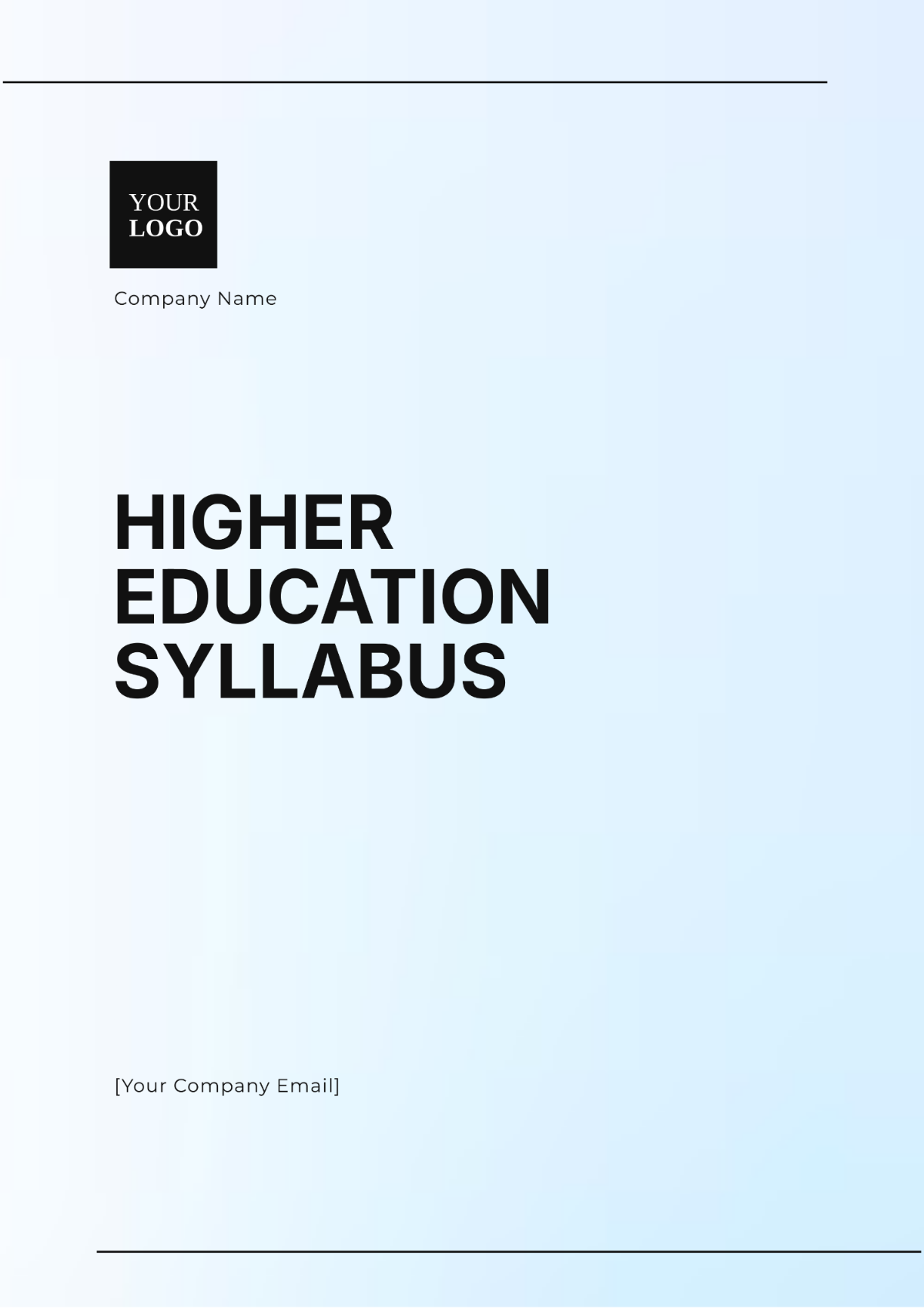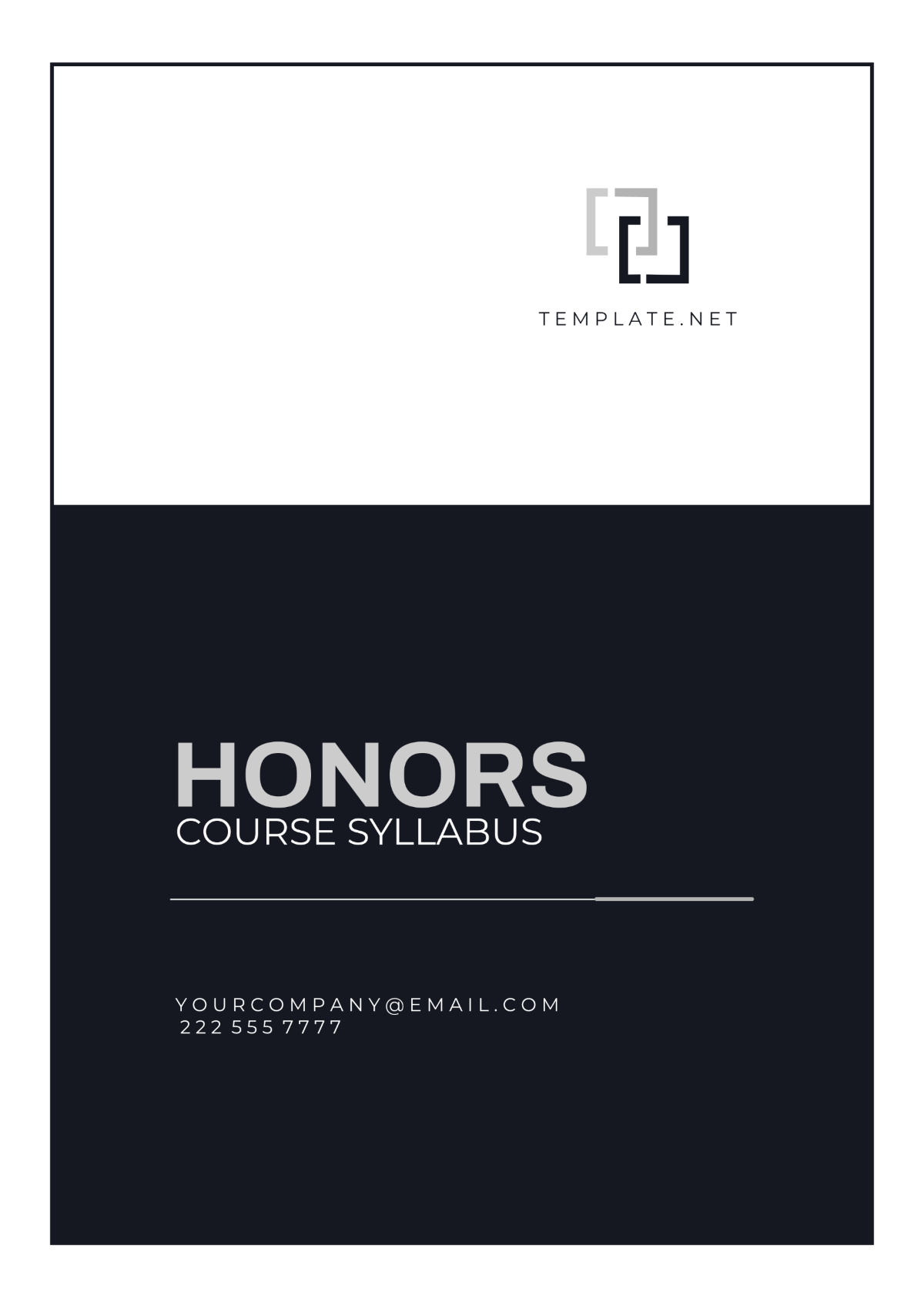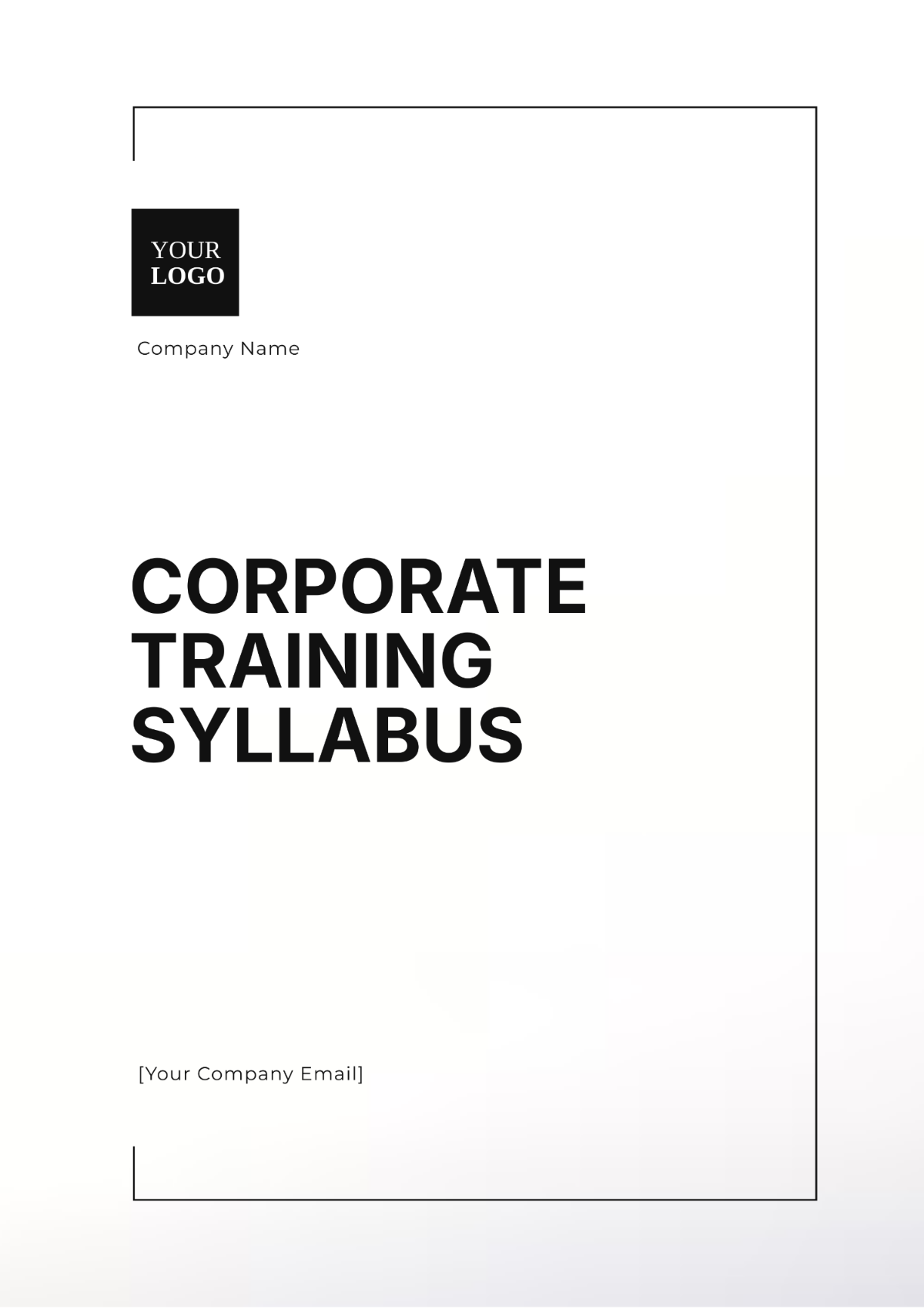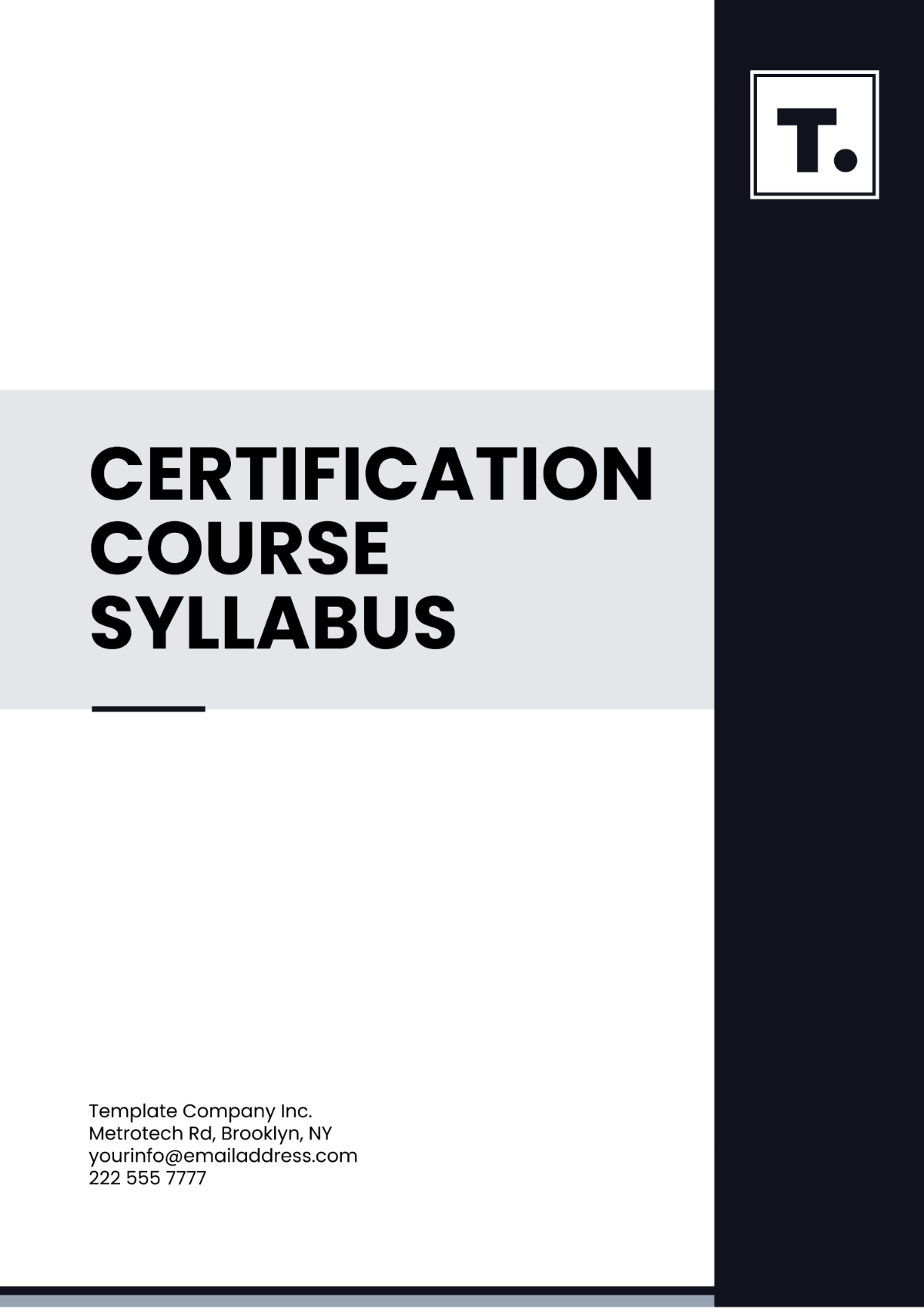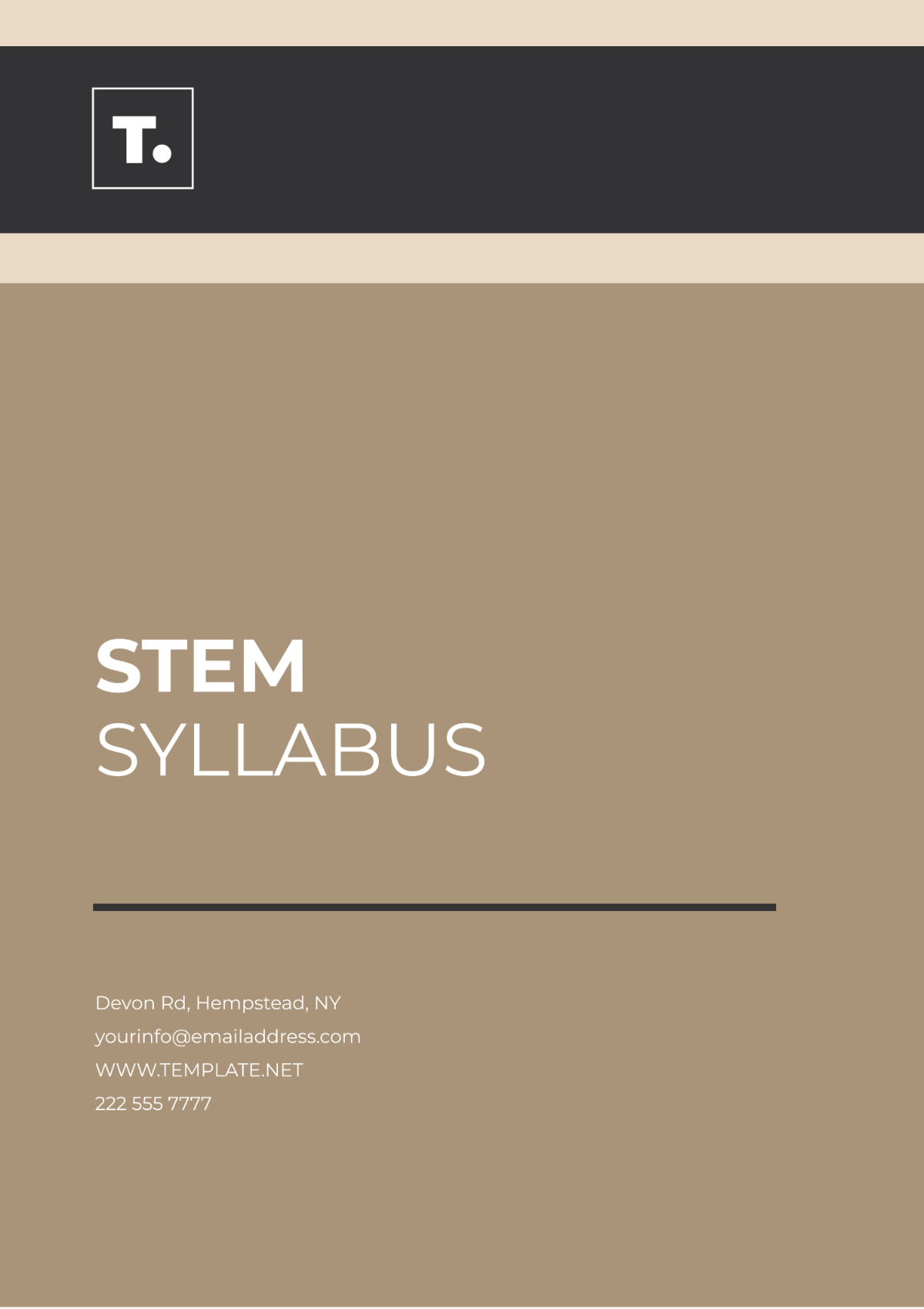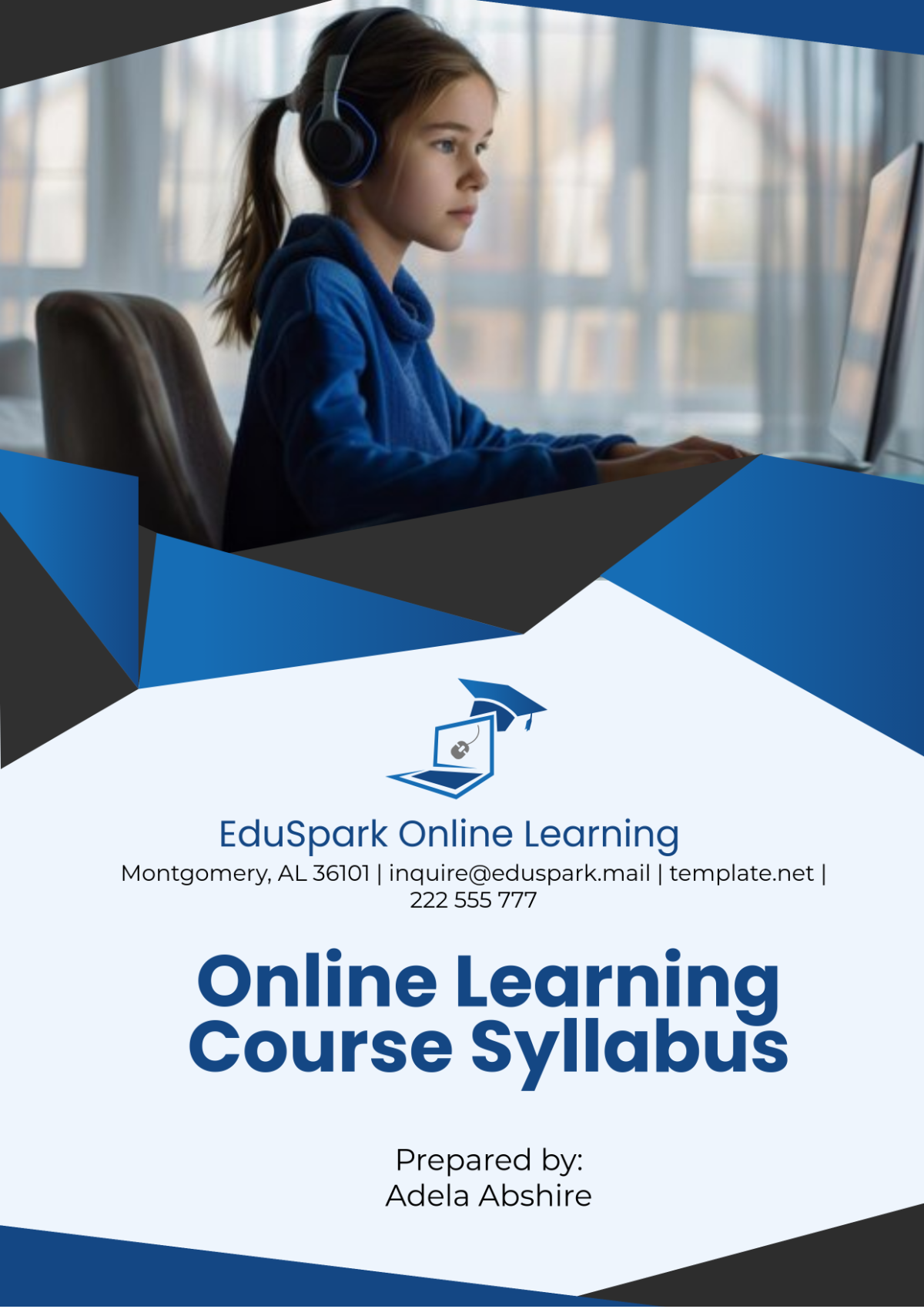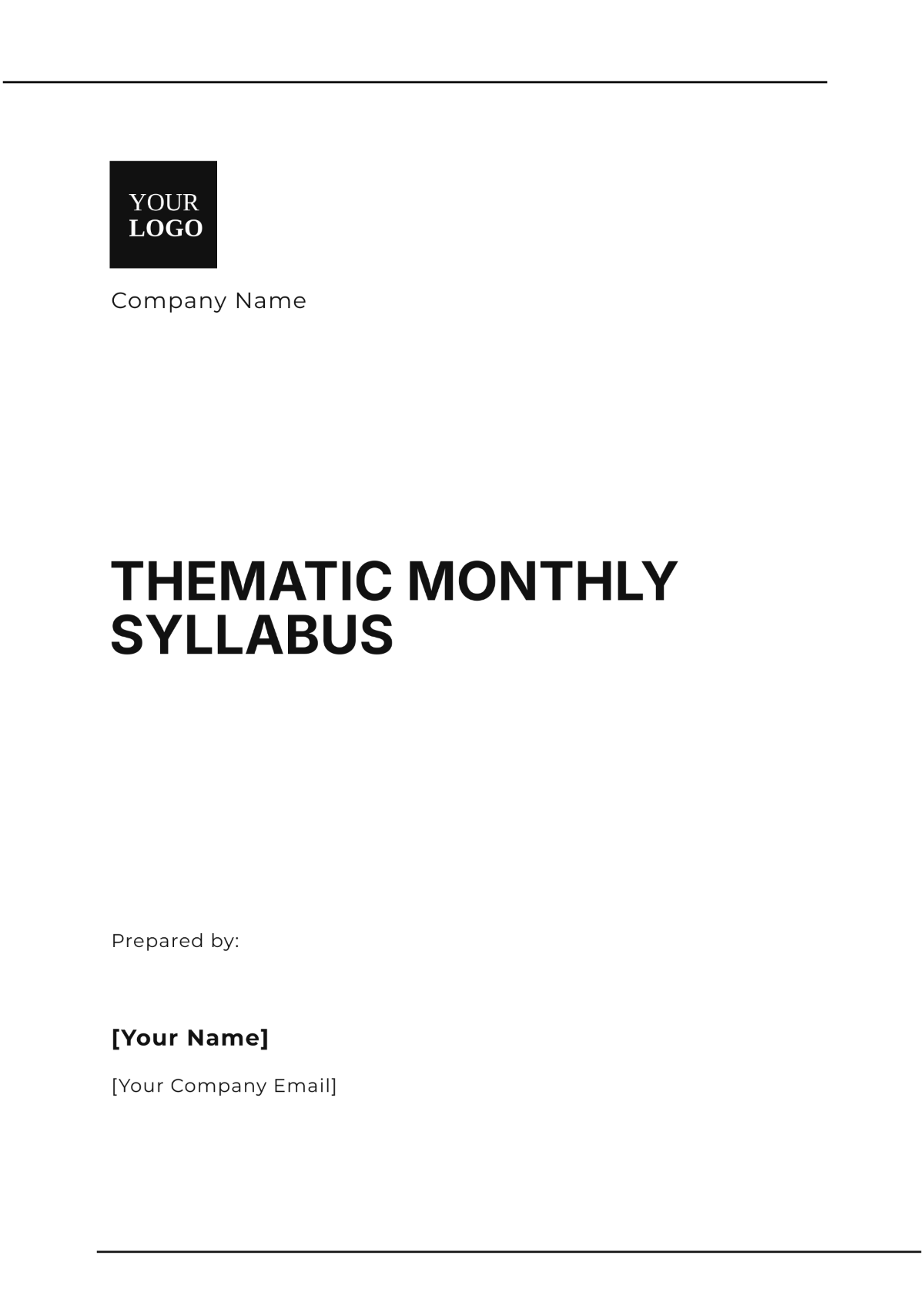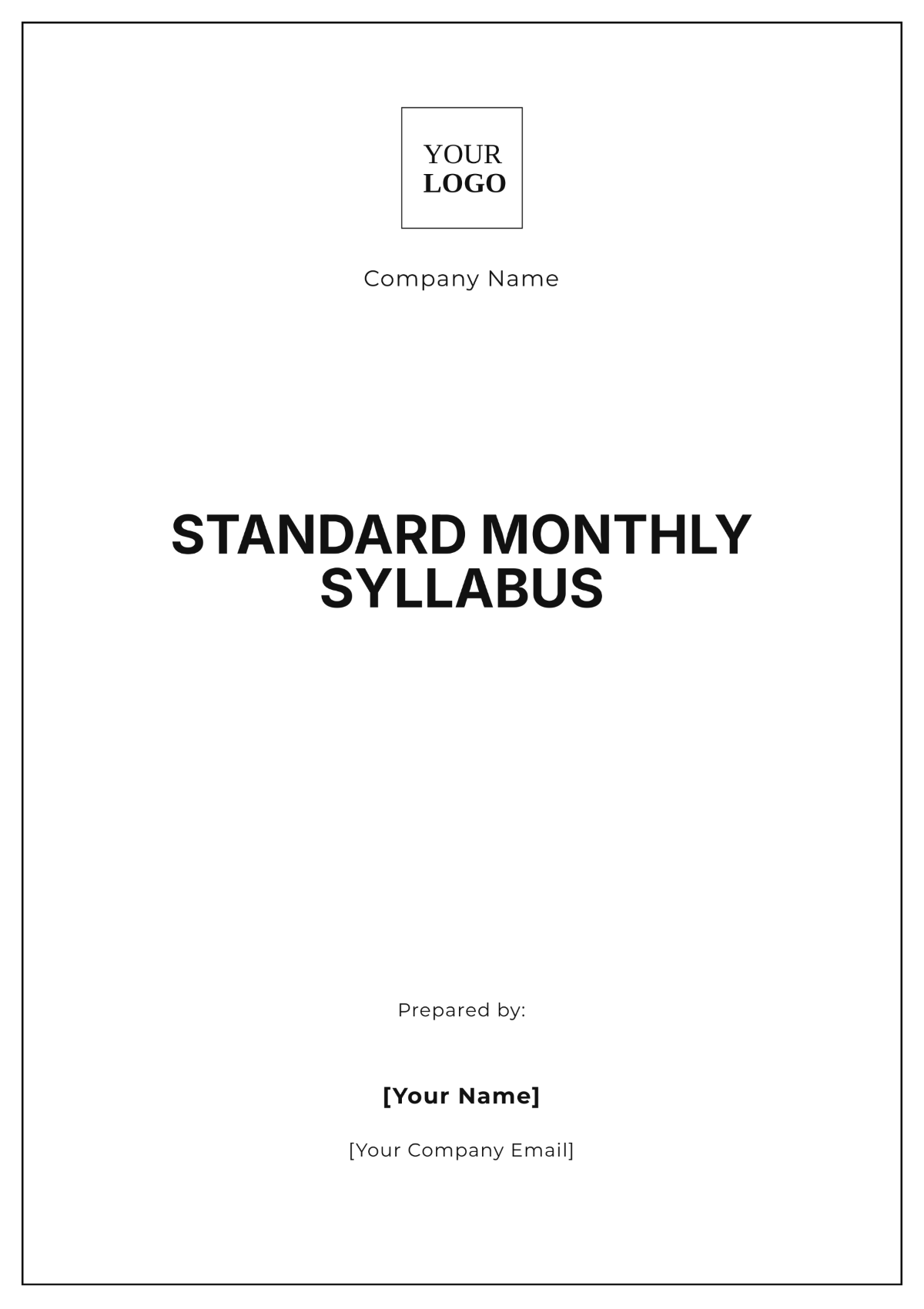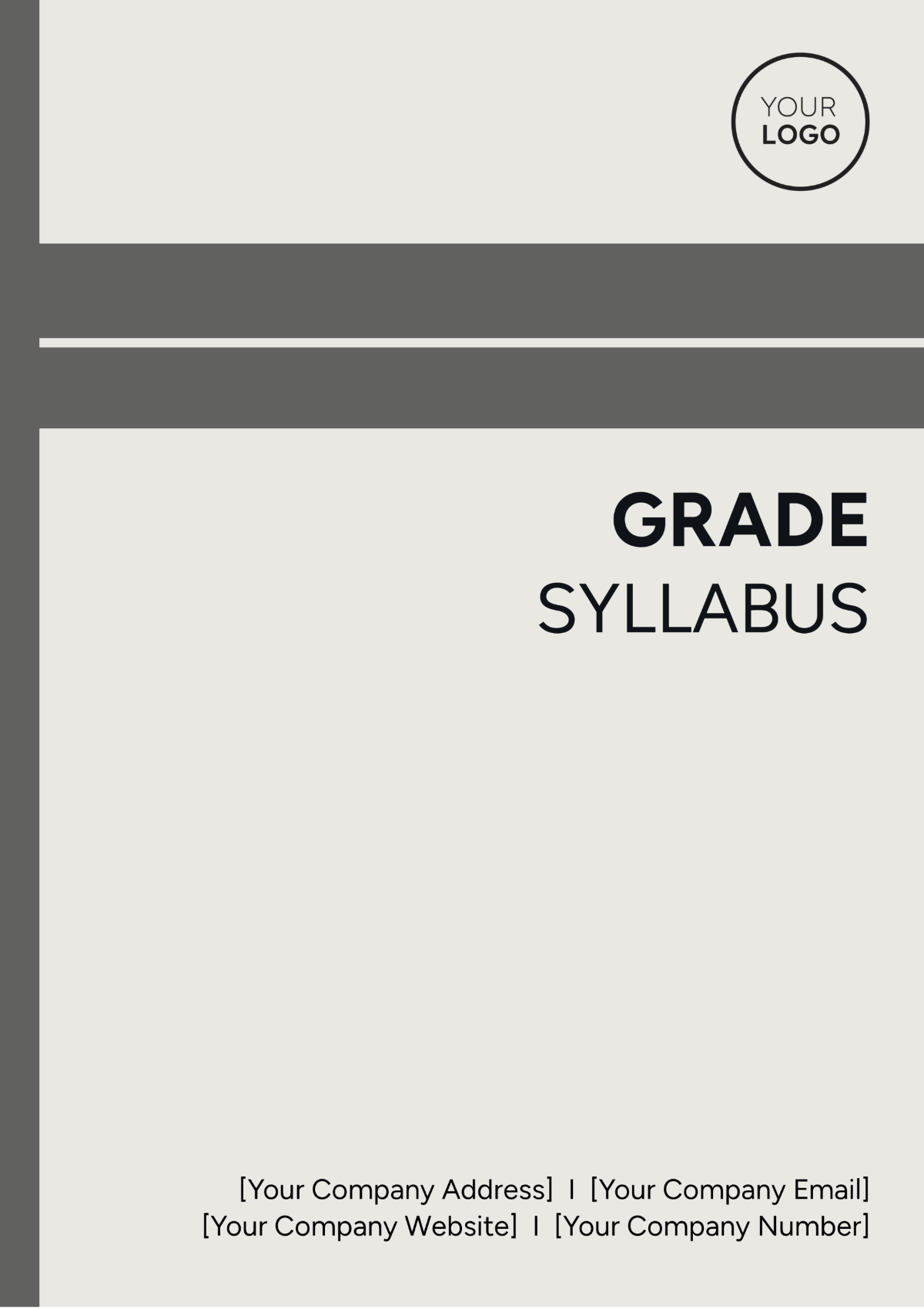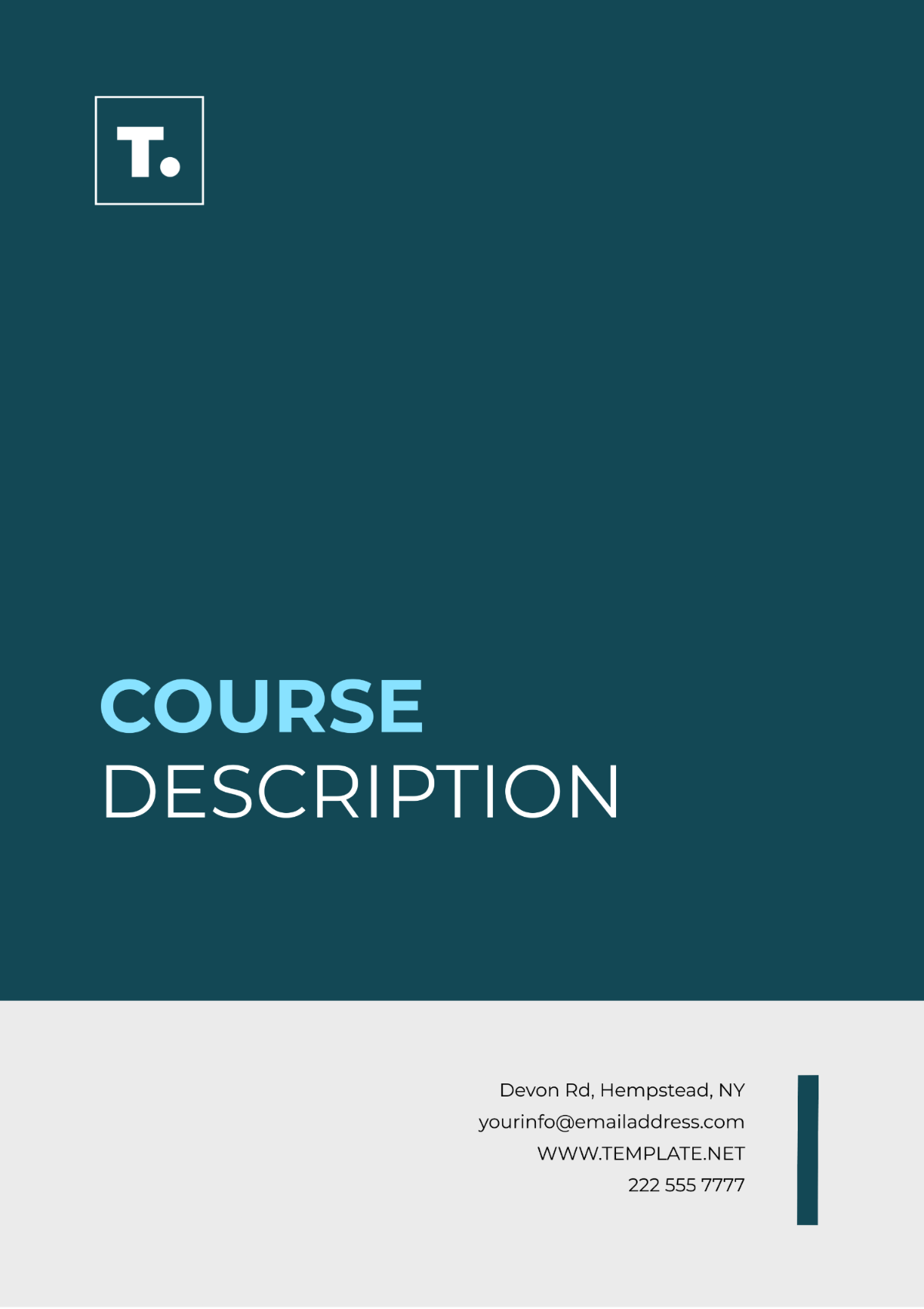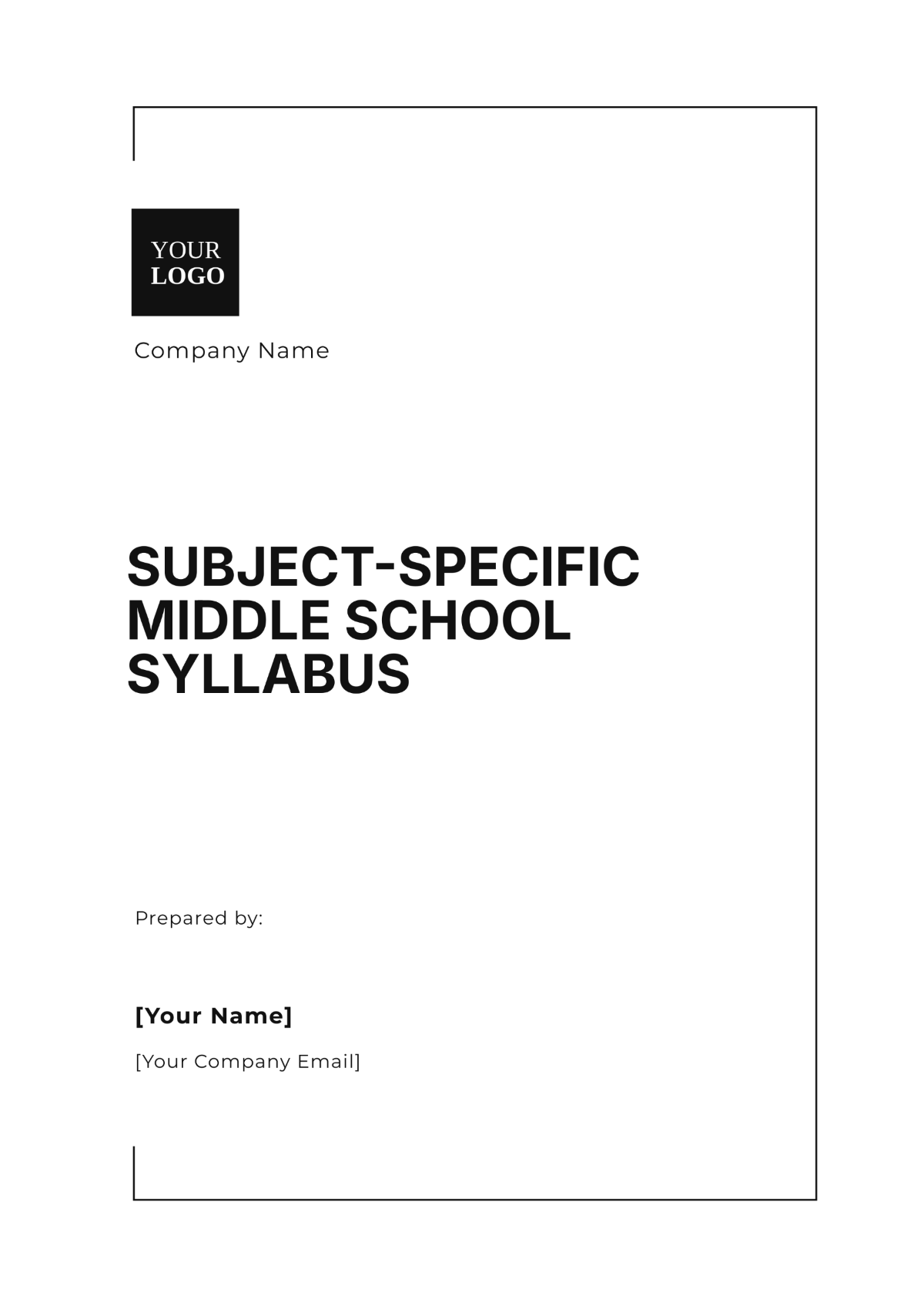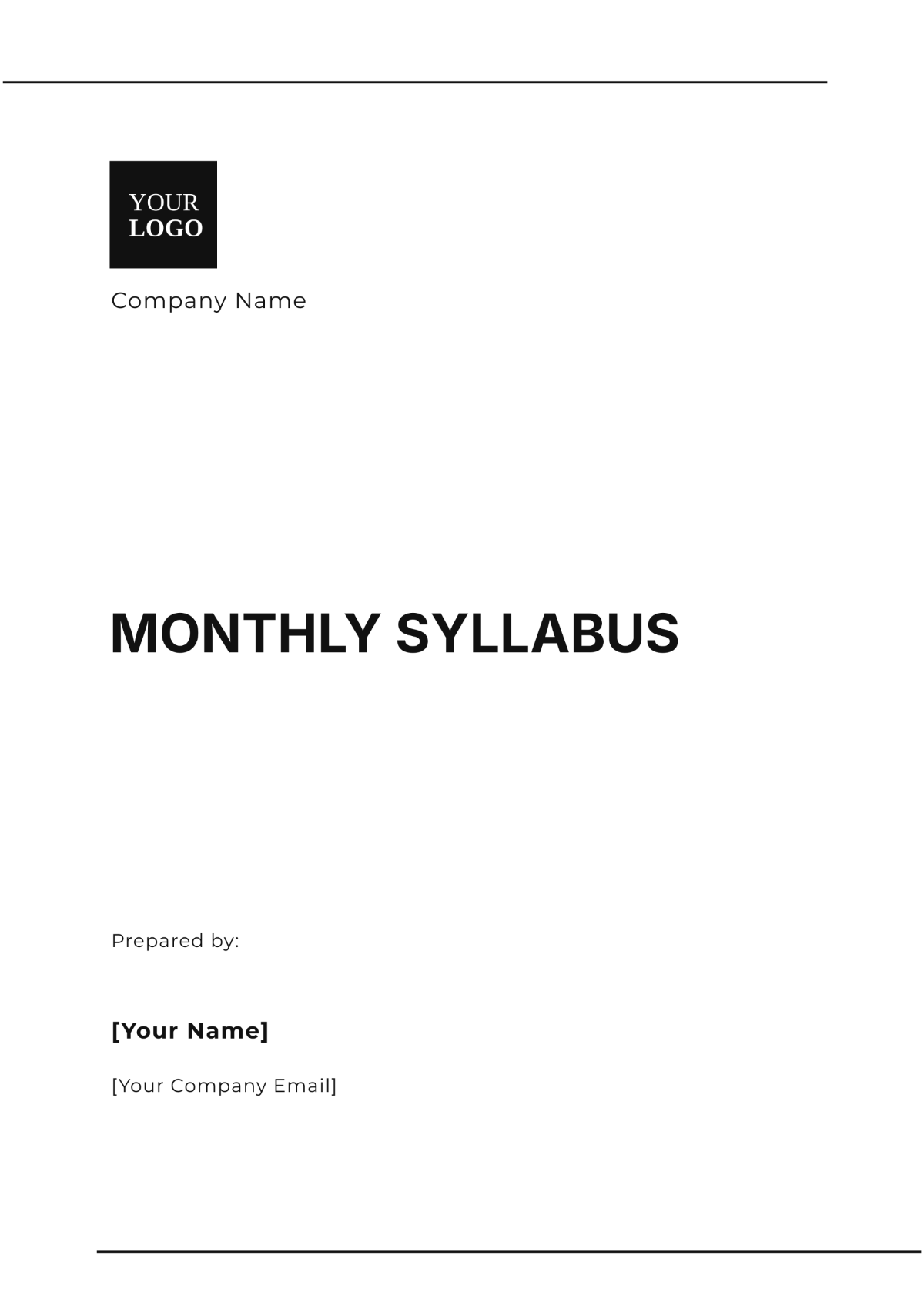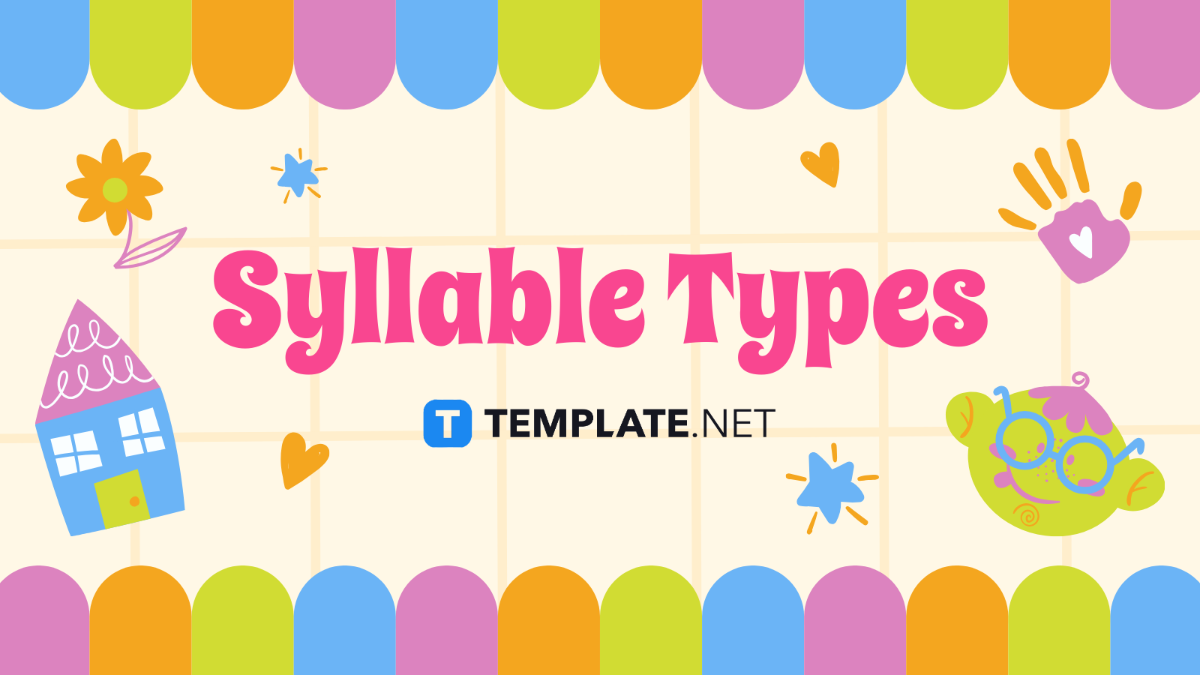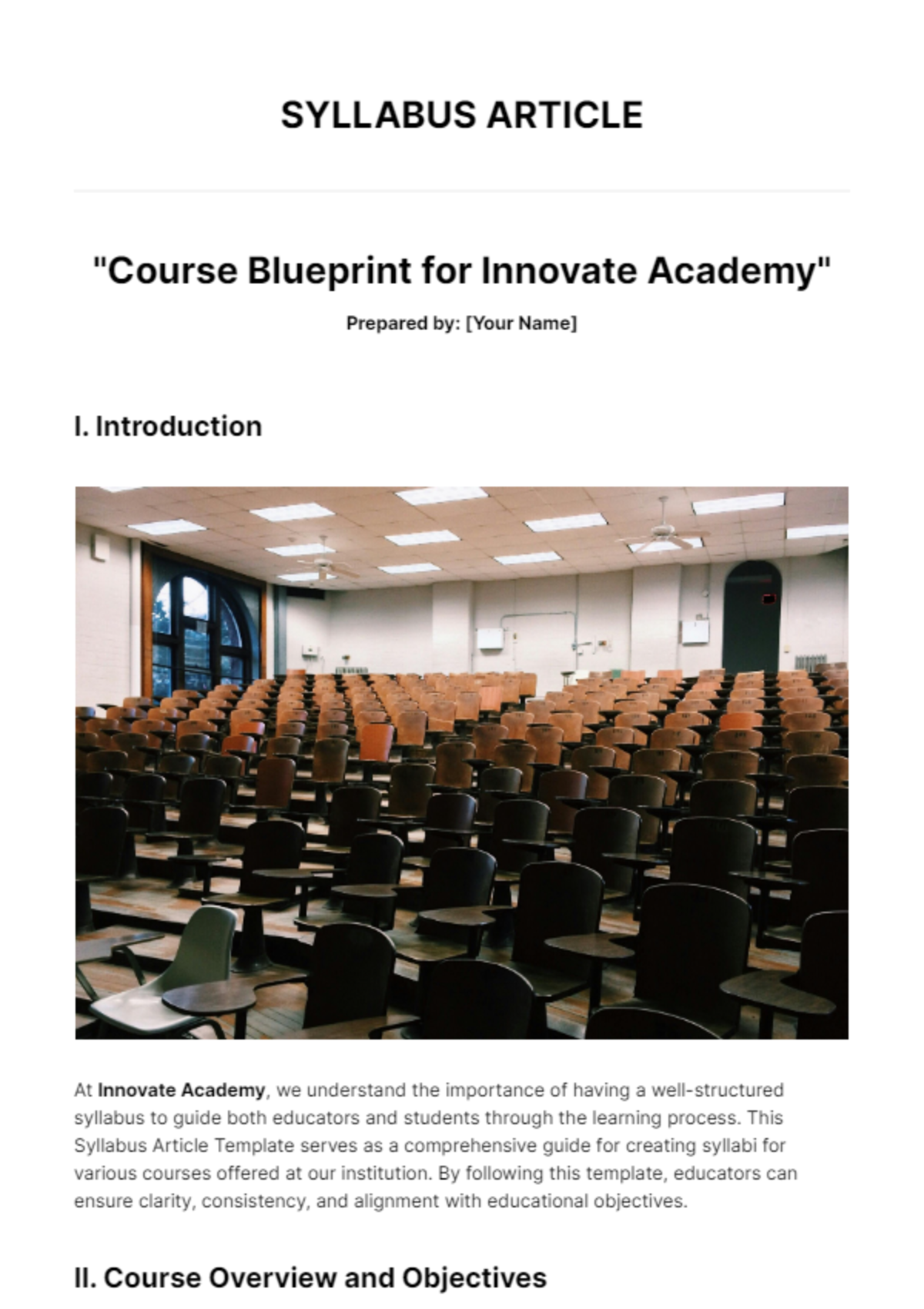Free Blockchain Syllabus Template
Blockchain Syllabus
Blockchain Course
Course Title | [COURSE TITLE] |
Course Code | [COURSE CODE] |
Instructor Name | [YOUR NAME] |
[YOUR EMAIL] | |
Office Hours | [OFFICE HOURS] |
1. Course Description
This course provides an in-depth understanding of blockchain technology and its practical application in real-world scenarios. The class focuses on the principles of blockchain, its structure, benefits, challenges, and how it can maximize efficiency for businesses.
2. Instructor Information
Organization: [YOUR COMPANY NAME]
Instructor's name: [YOUR NAME]
Contact: [YOUR EMAIL]
3. Learning Objectives
Understand the principles and structure of blockchain technology.
Apprehend how blockchain technology can be applied to solve business processes.
Mastery of blockchain implementation strategies.
Gained the ability to critically assess potential benefits and challenges of blockchain implementation.
Develop a working prototype of a blockchain-based application.
4. Course Schedule
Week | Topics | Activities |
|---|---|---|
1-3 | Introduction to Blockchain | Lecture and Reading Assignments |
4-6 | Blockchain Structure & Principles | Hands-on Activities and Discussions |
7-9 | Blockchain for Businesses | Group Project and Presentation |
10-12 | In-depth Analysis of Successes and Challenges | Case Study Analysis and Discussions |
13-15 | Deploying a Blockchain Solution | Final Project: Blockchain Prototype |
5. Textbooks and Readings
"Mastering Blockchain" by Imran Bashir
"Blockchain Basics" by Daniel Drescher
"Blockchain Revolution" by Don Tapscott & Alex Tapscott
"Blockchain: Blueprint for a New Economy" by Melanie Swan
Access to a computer with internet connection for research and online activities
6. Assignments and Assessments
Reading assignments associated with lectures.
Hands-on coding activities related to the practical application of blockchain.
Group project presenting a business solution using blockchain.
Case study analysis focusing on the successes and challenges of implemented blockchain solutions.
Final project: development of a prototype of a blockchain-based application.
7. Course Policy
Attendance to all classes is mandatory, as we'll be tackling vital components of blockchain technology.
Assignments must be submitted on scheduled deadlines. Late submissions won't be accepted.
Active participation in class discussions is encouraged.
Academic honesty is a must; plagiarism will not be tolerated.
Respect for diverse ideas and cultural differences is expected during discussions and group activities.
8. Grading Policy
Category | Percentage |
|---|---|
Participation | 20% |
Assignments | 20% |
Group Project | 25% |
Case study analysis | 20% |
Final project | 15% |
9. Prerequisites
Basic understanding of computer science concepts
Familiarity with programming languages (preferably Python or JavaScript)
Knowledge of distributed systems is beneficial but not required
10. Academic Integrity
Plagiarism and cheating will not be tolerated and will result in severe academic penalties in accordance with university policies. All work submitted must be original and properly cited where necessary.
11. Disclaimer
The syllabus serves as a guide, detailing the course's progression and content. However, it isn't rigid, and changes may occur as necessary, including topic rearrangement, new content, or method alterations. Any upcoming changes will be communicated to students with advance notice to ensure transparency and avoid confusion.
